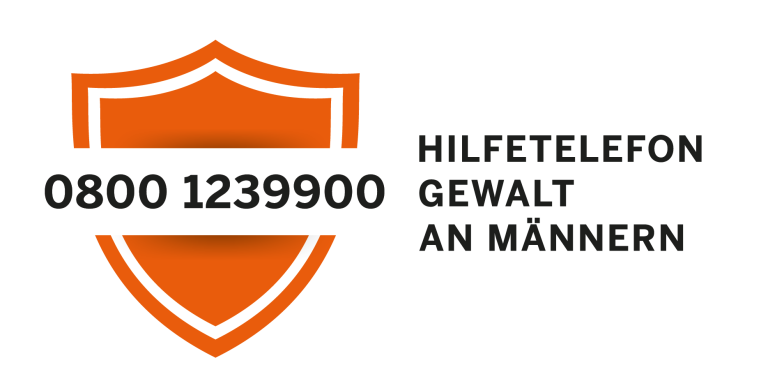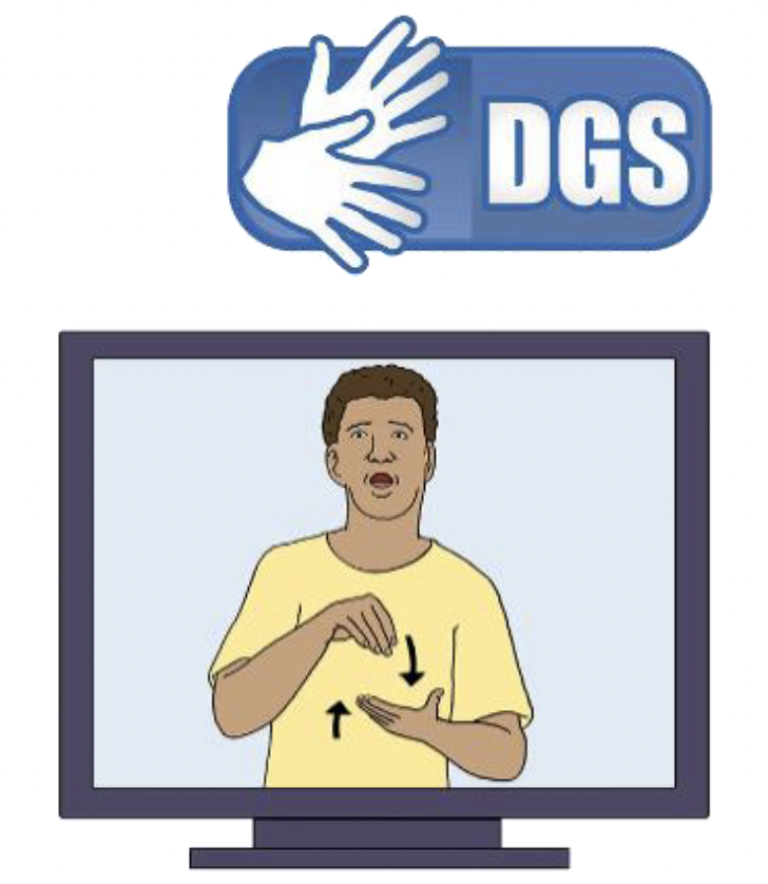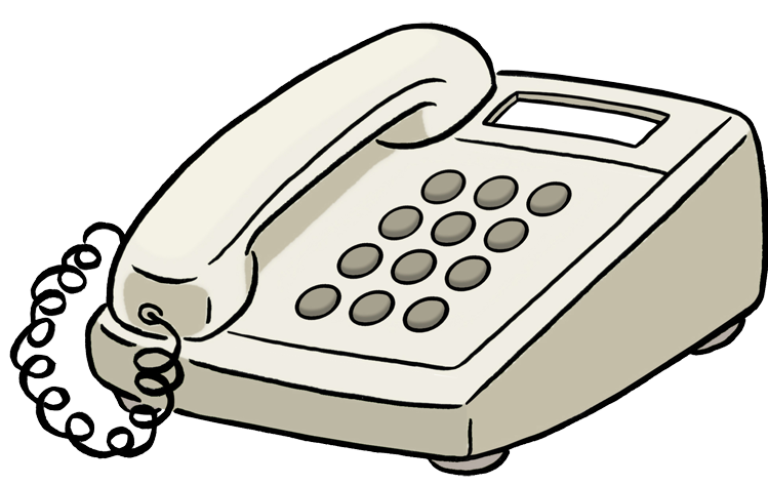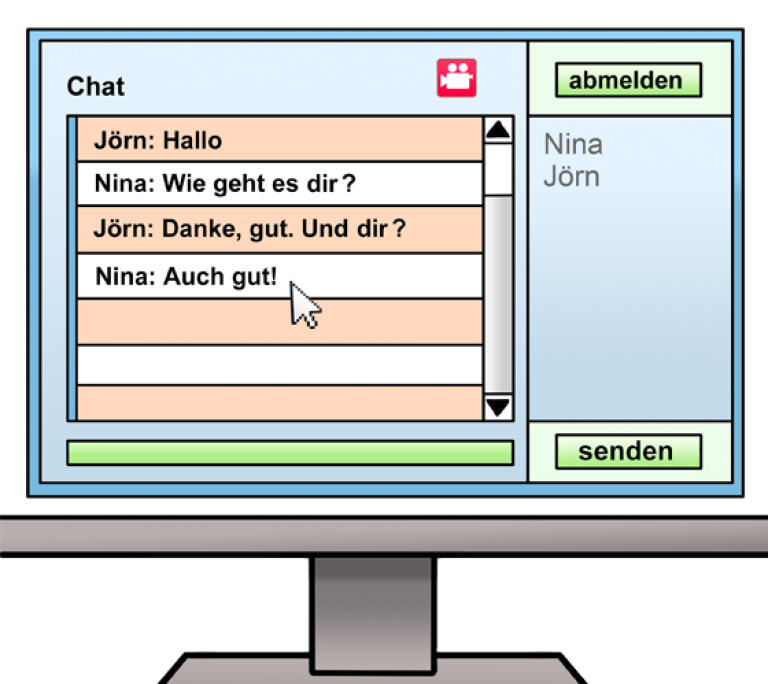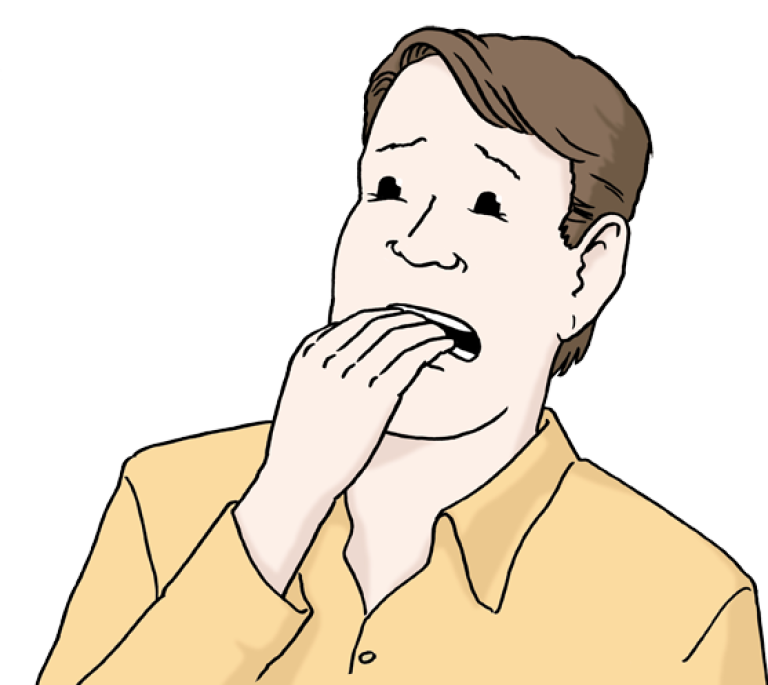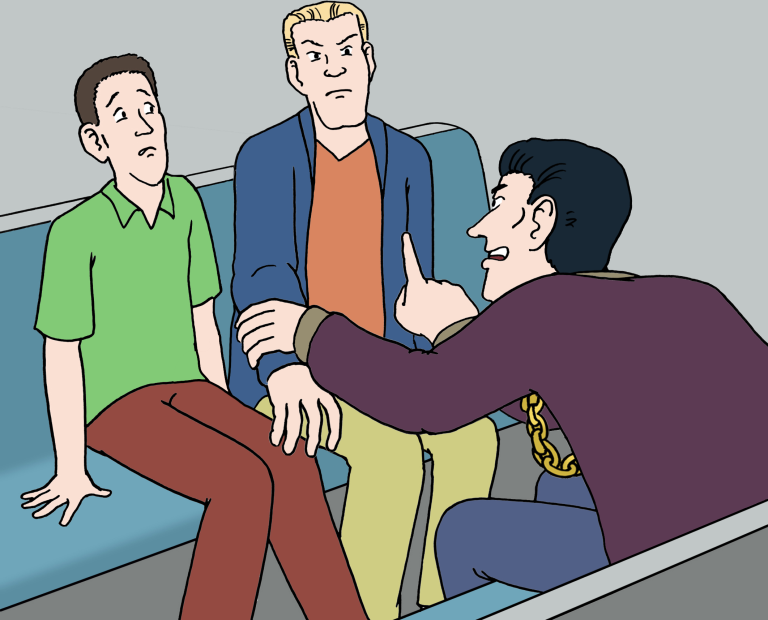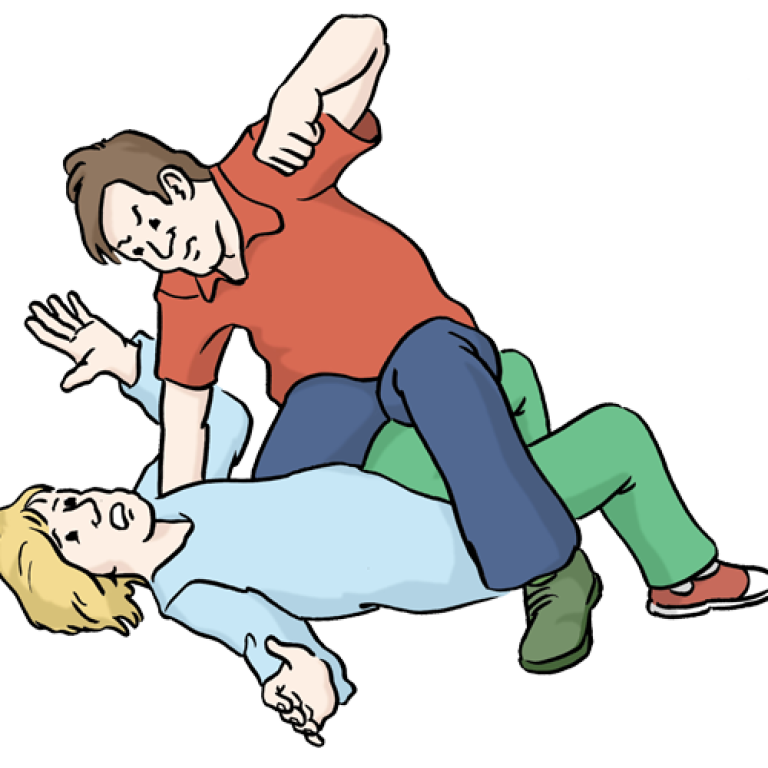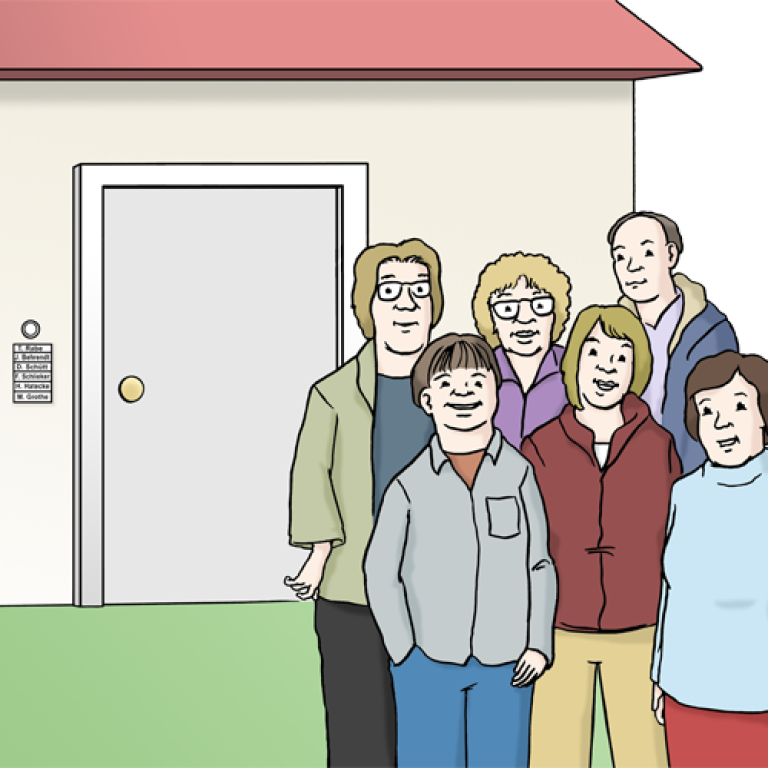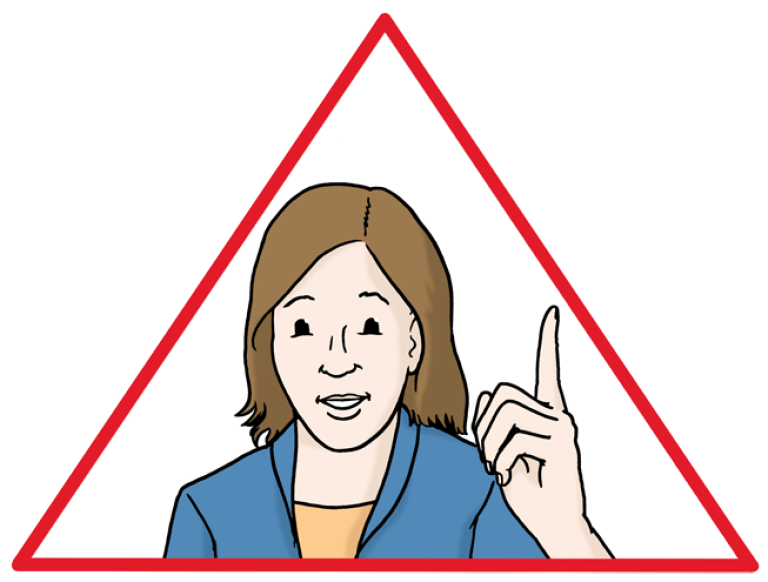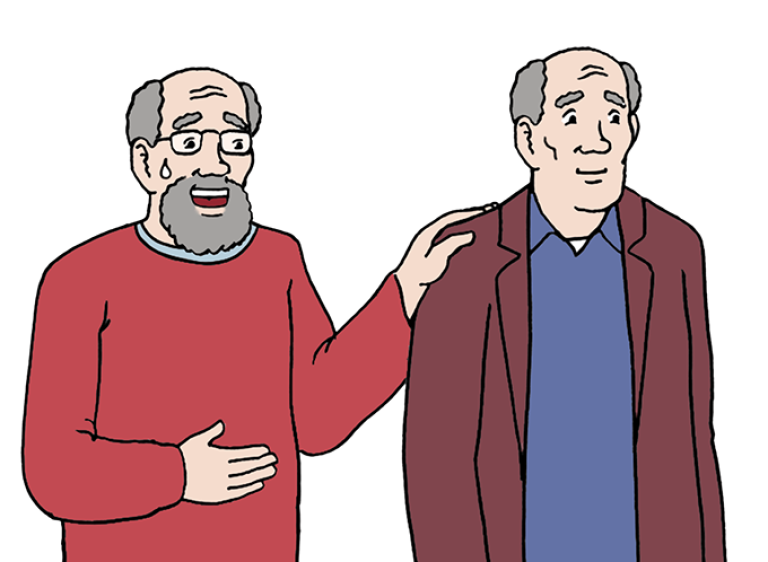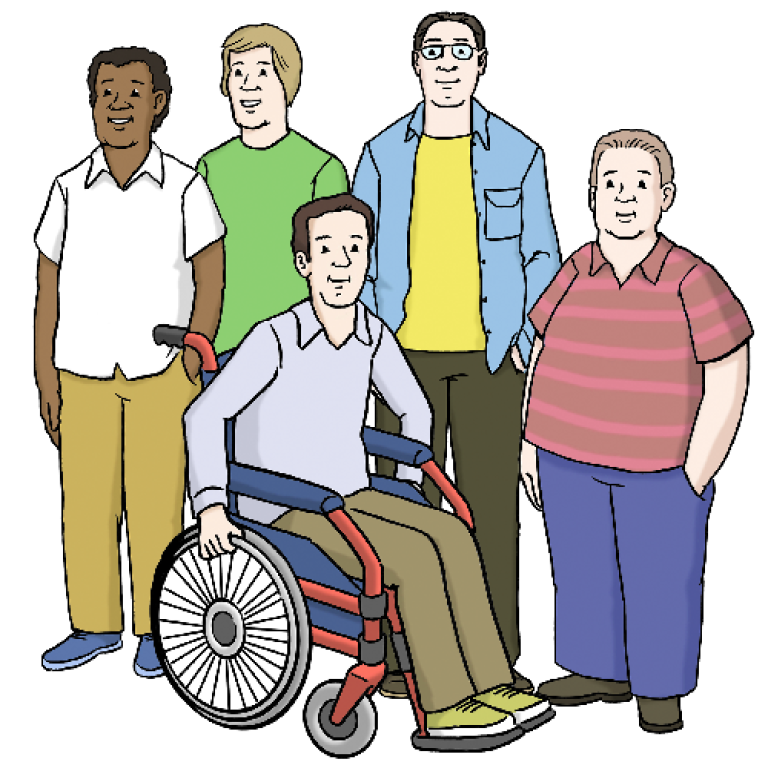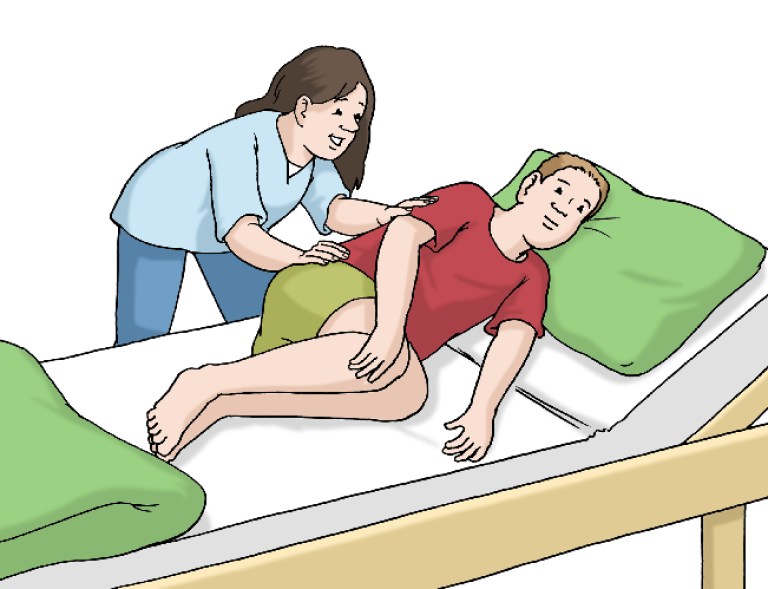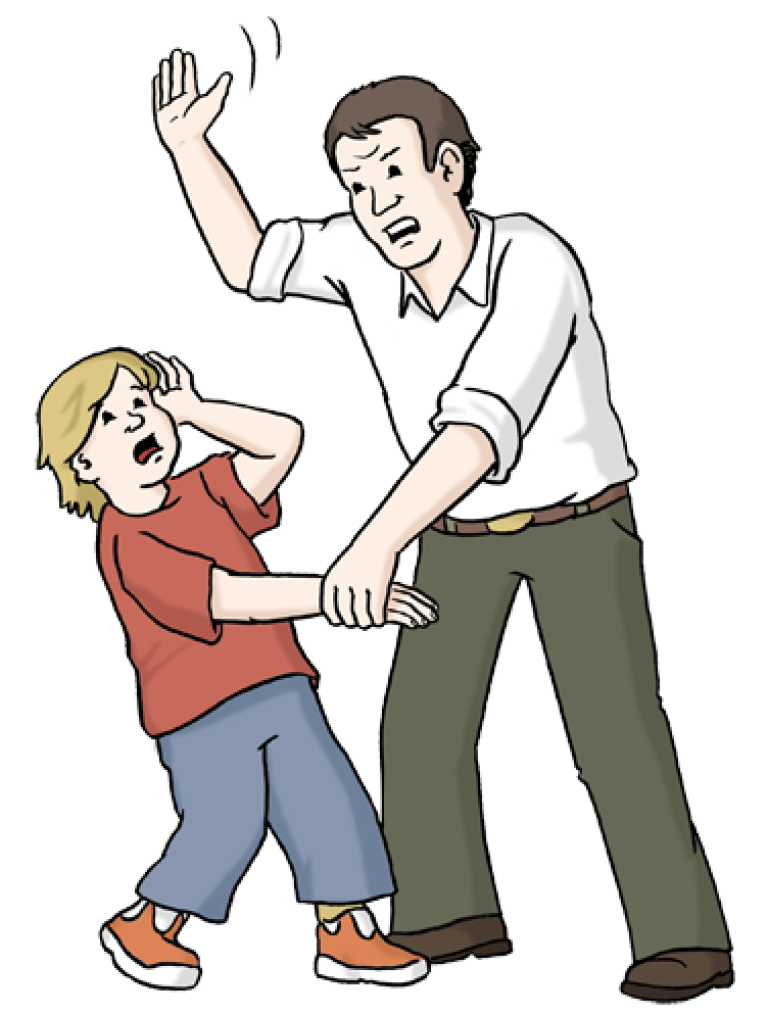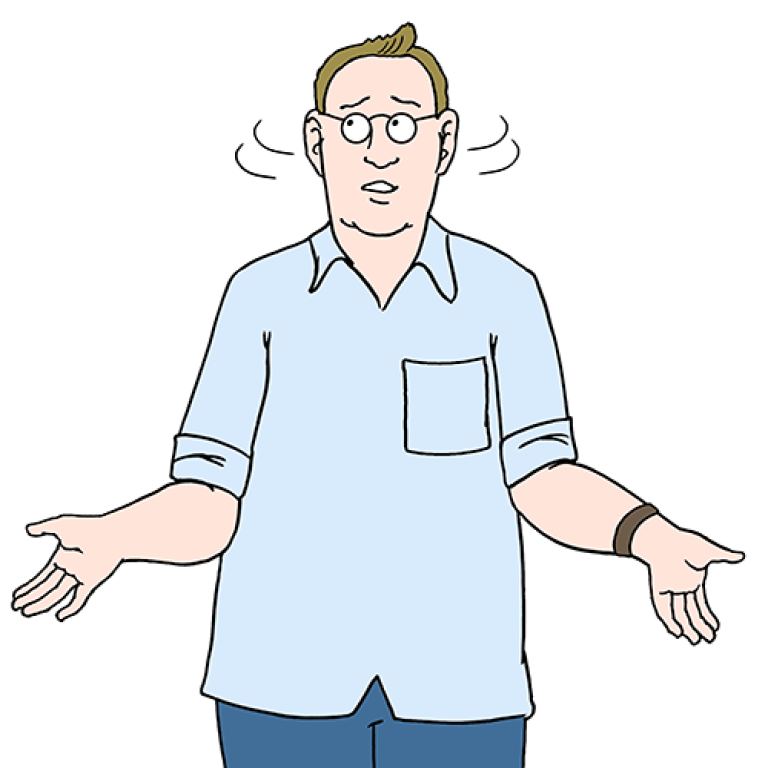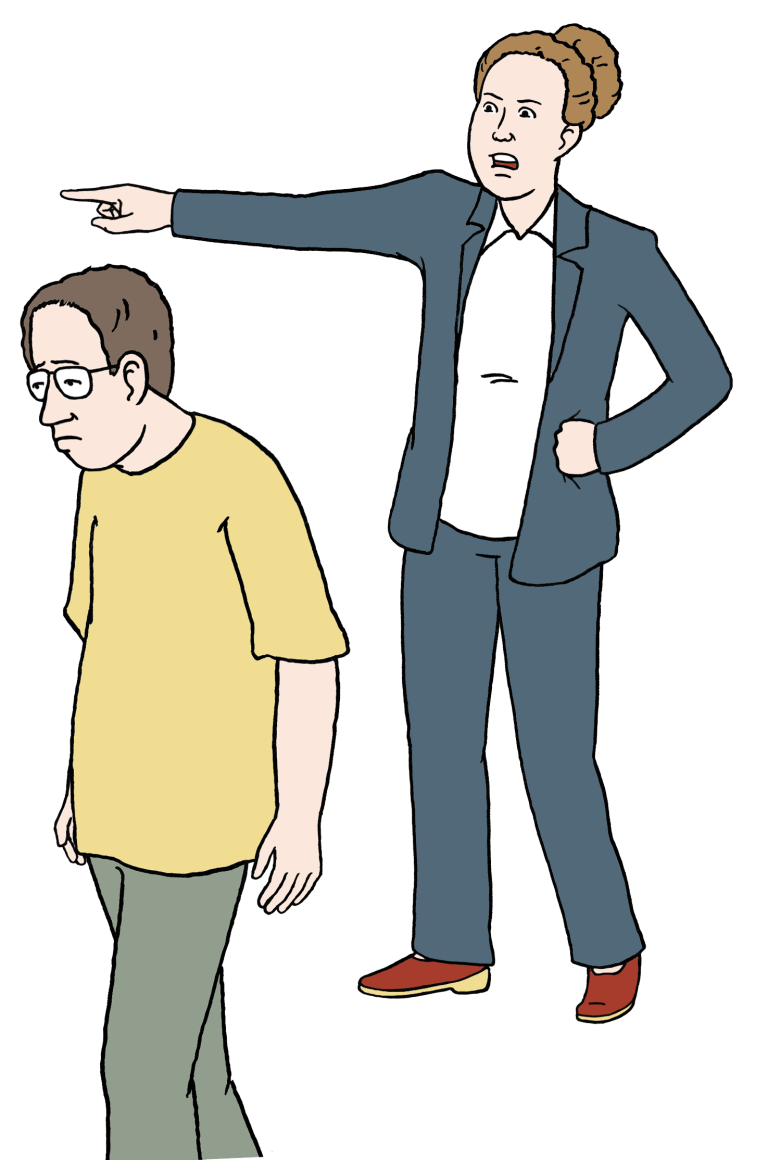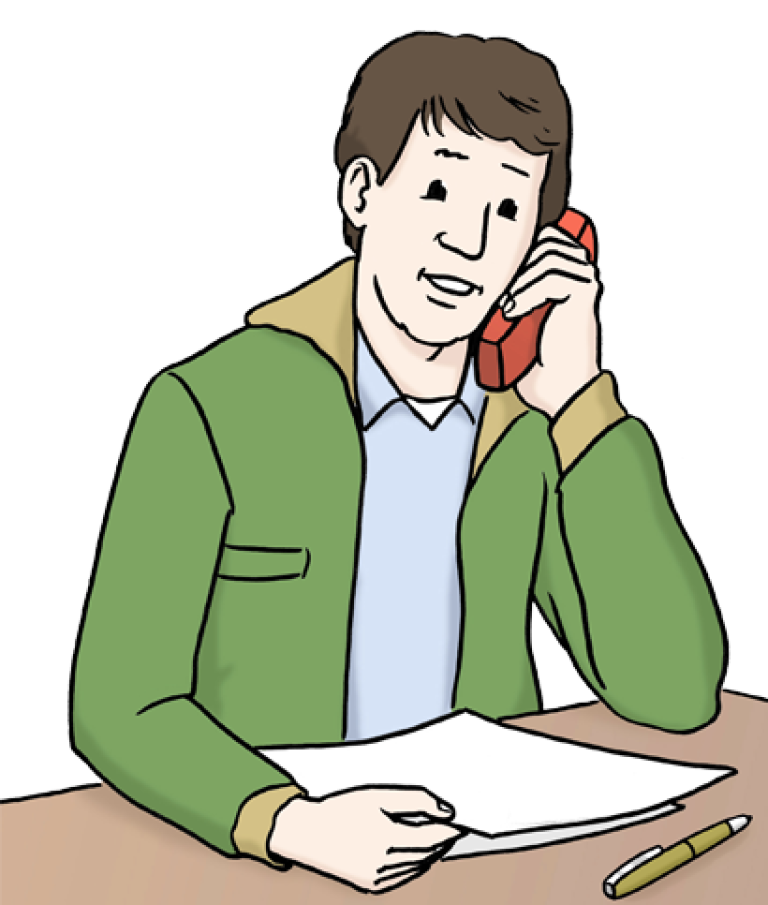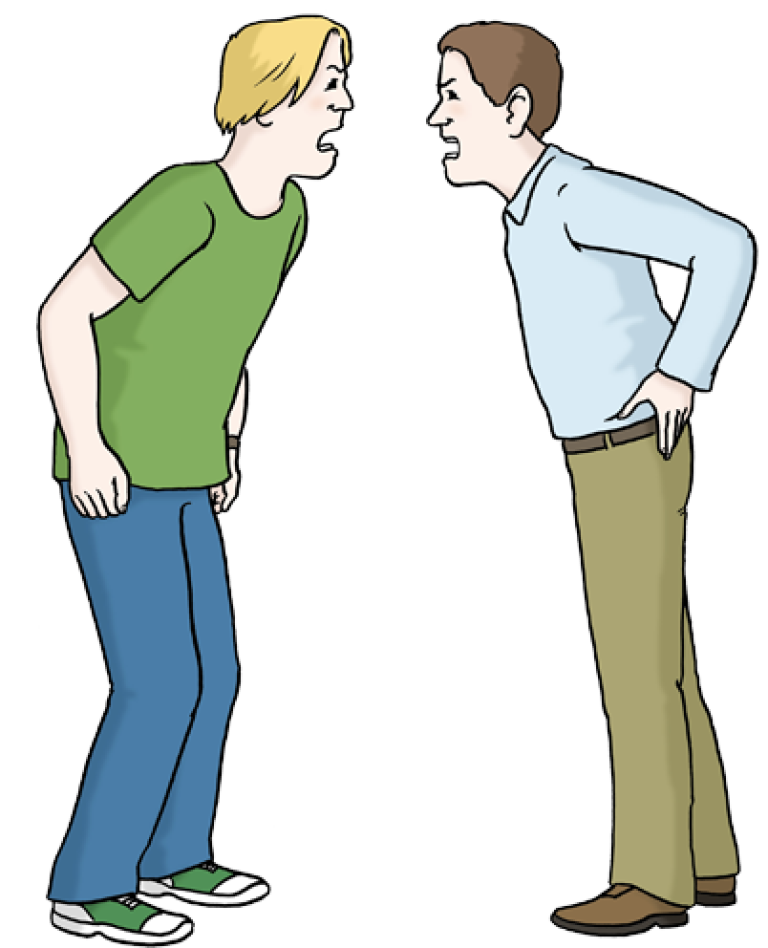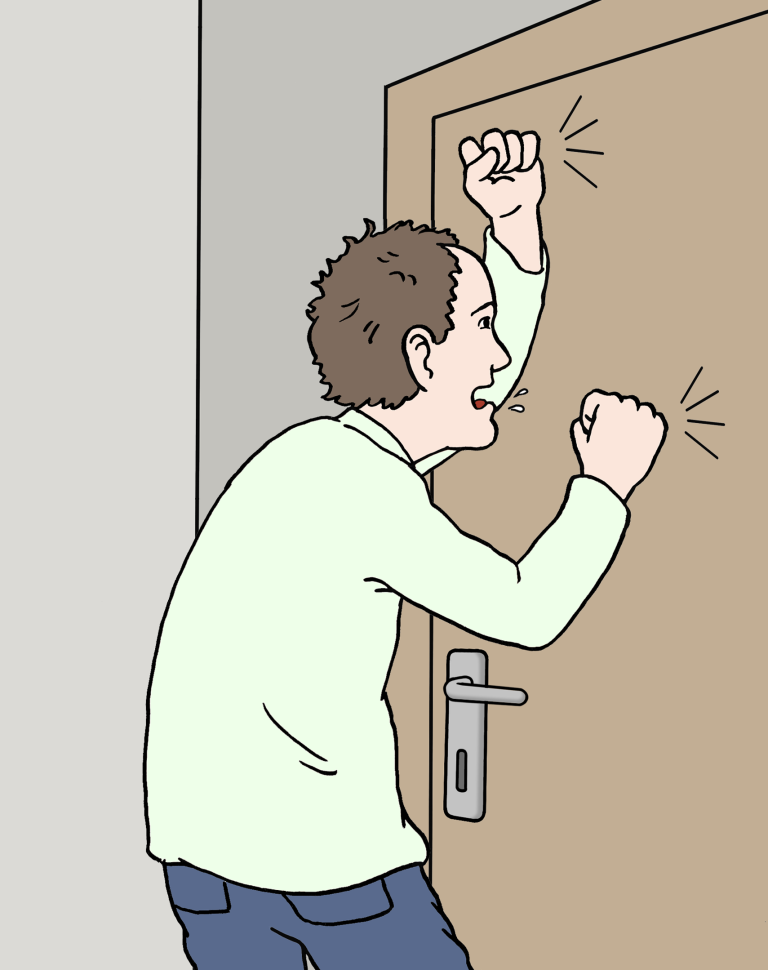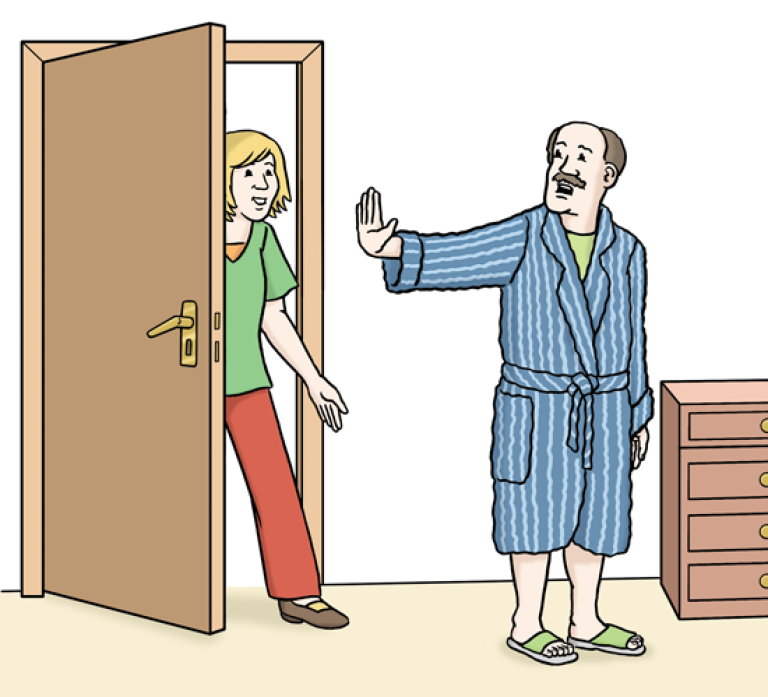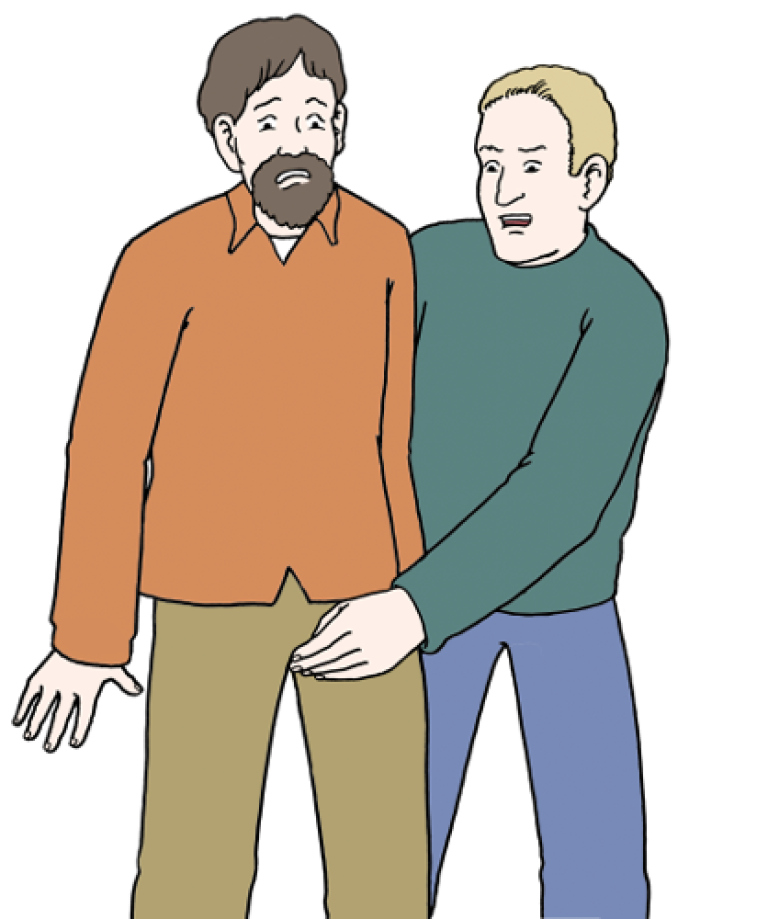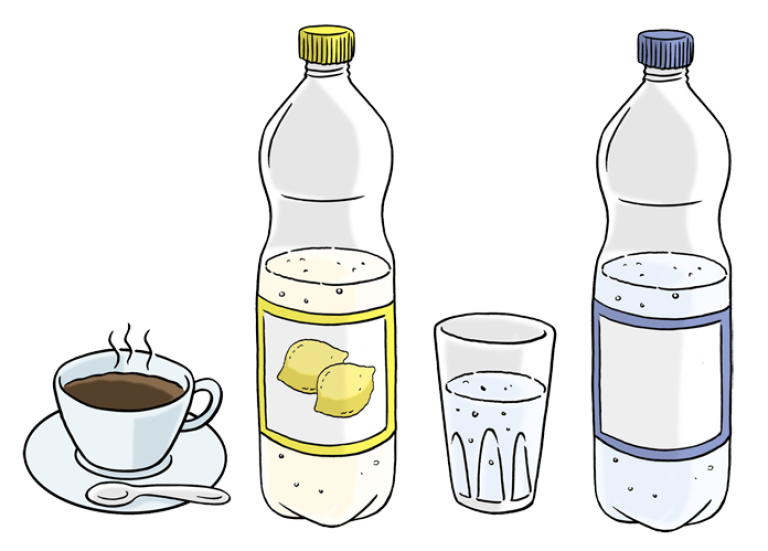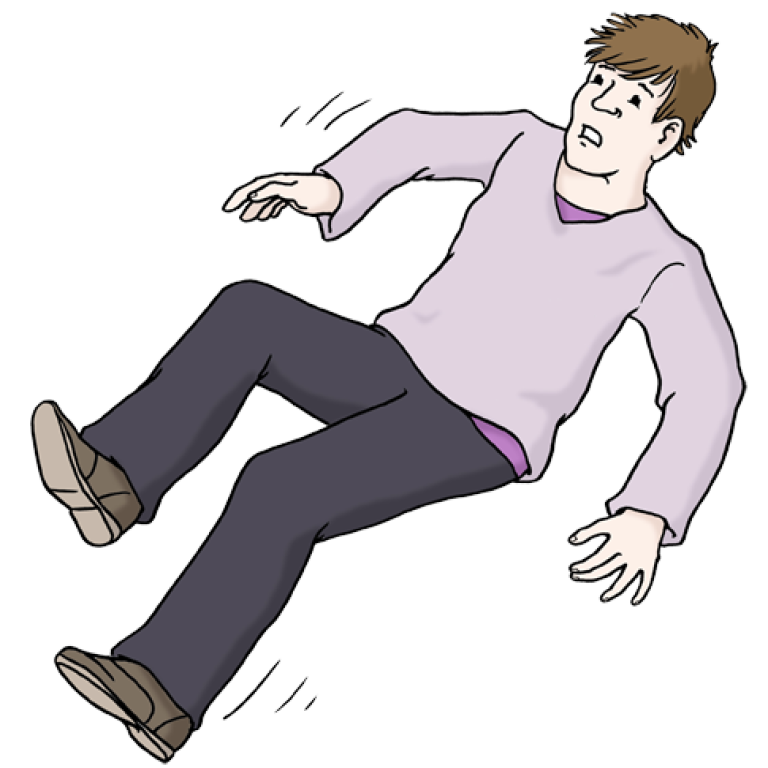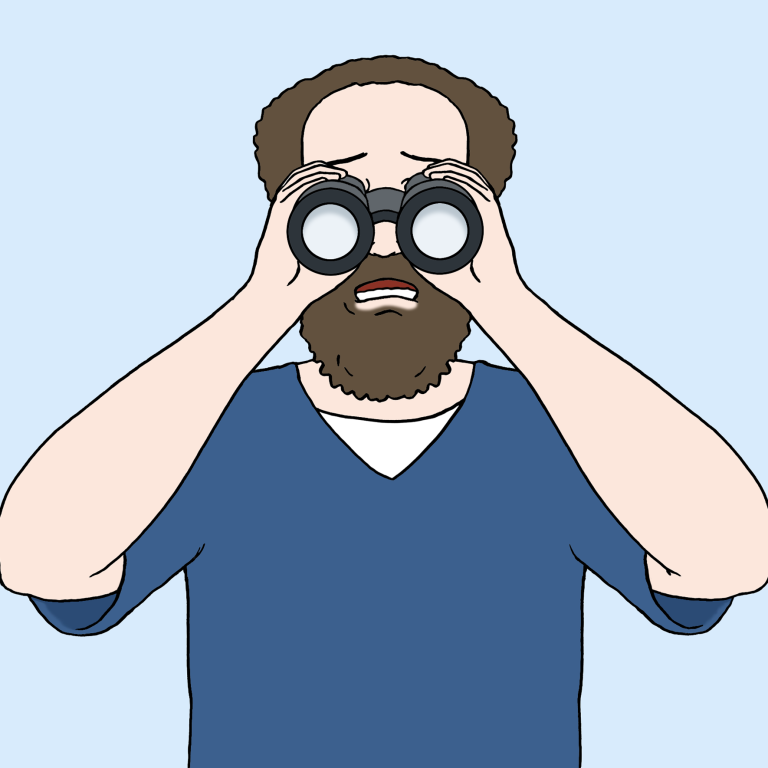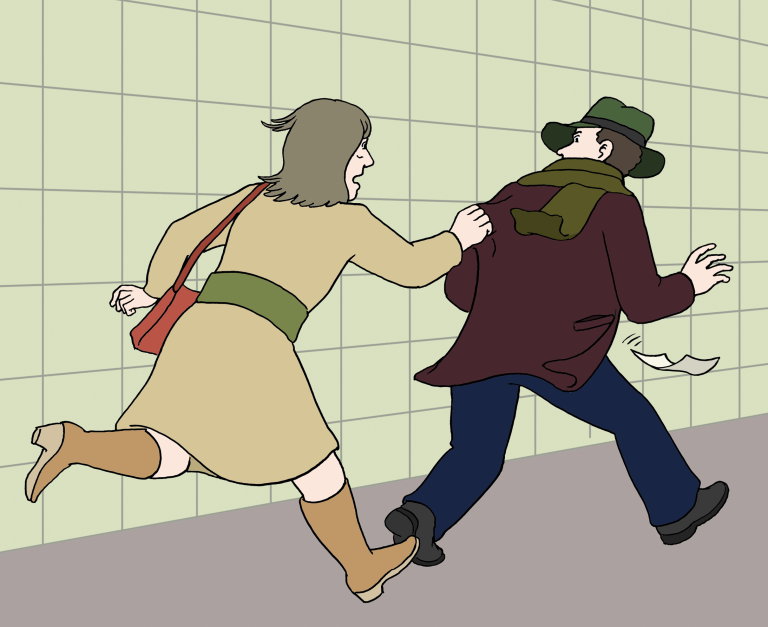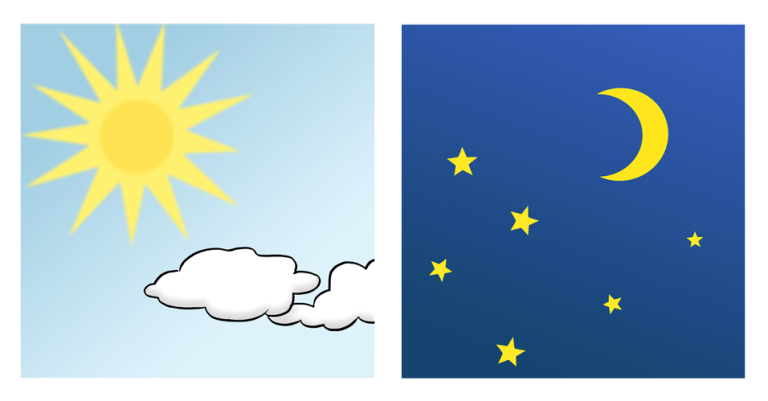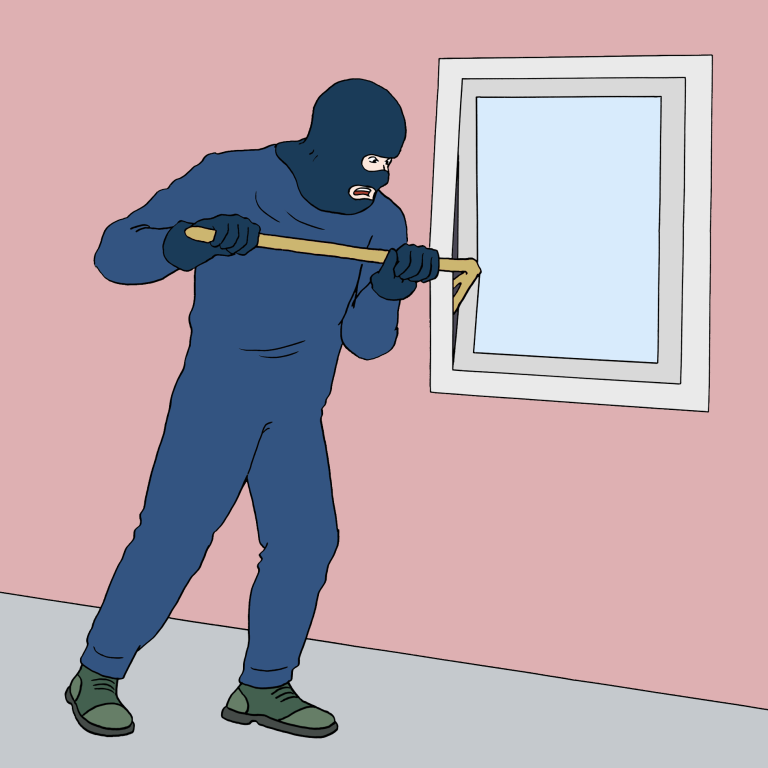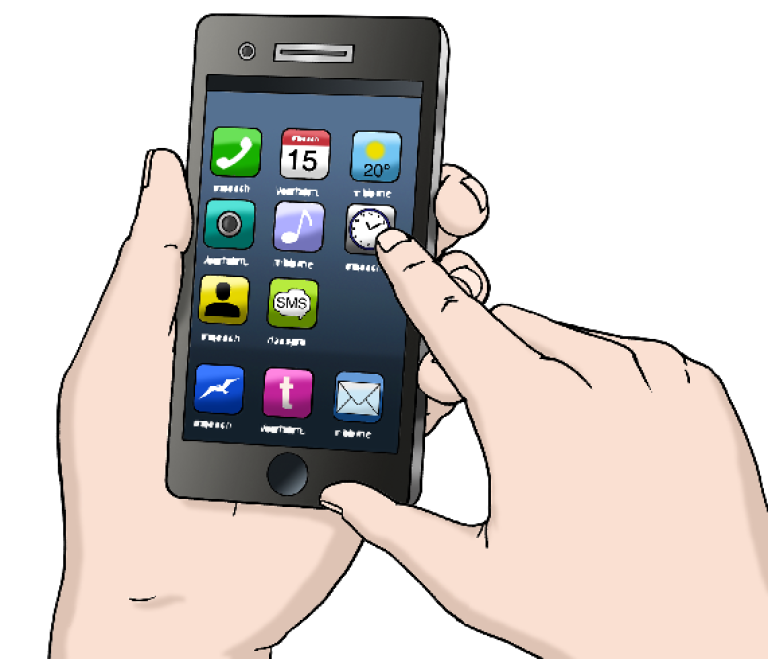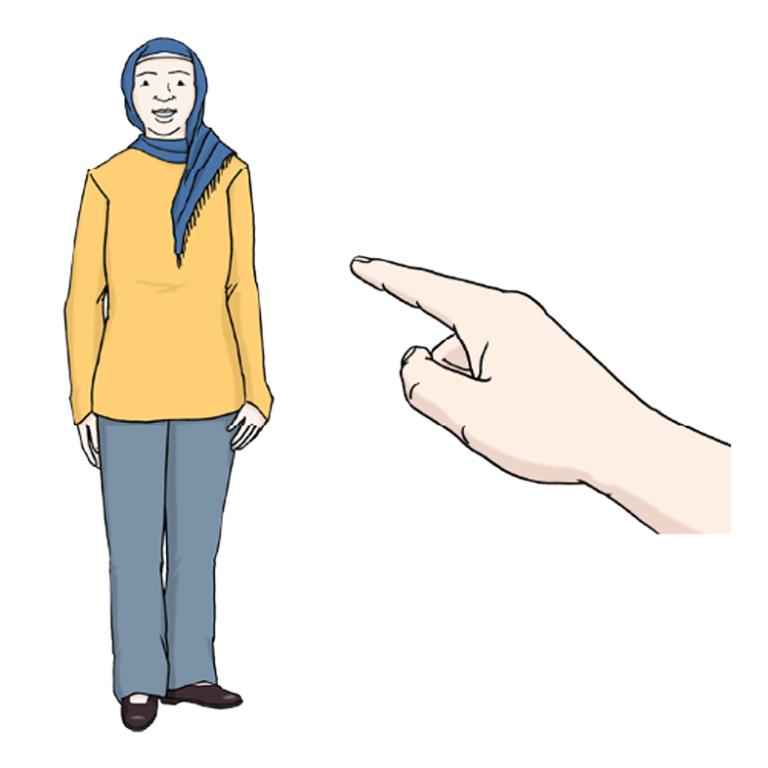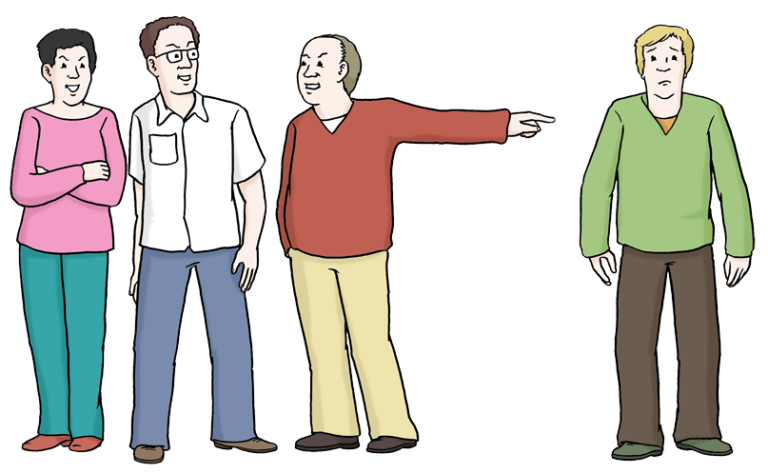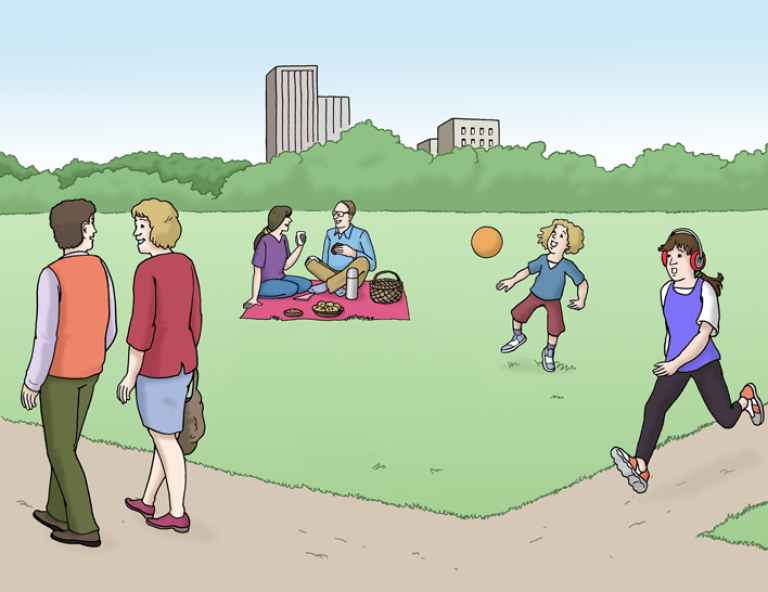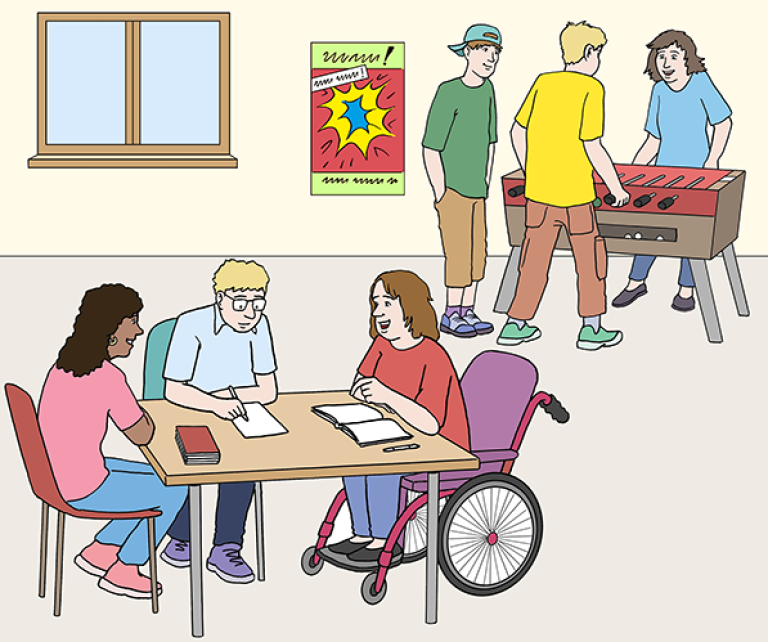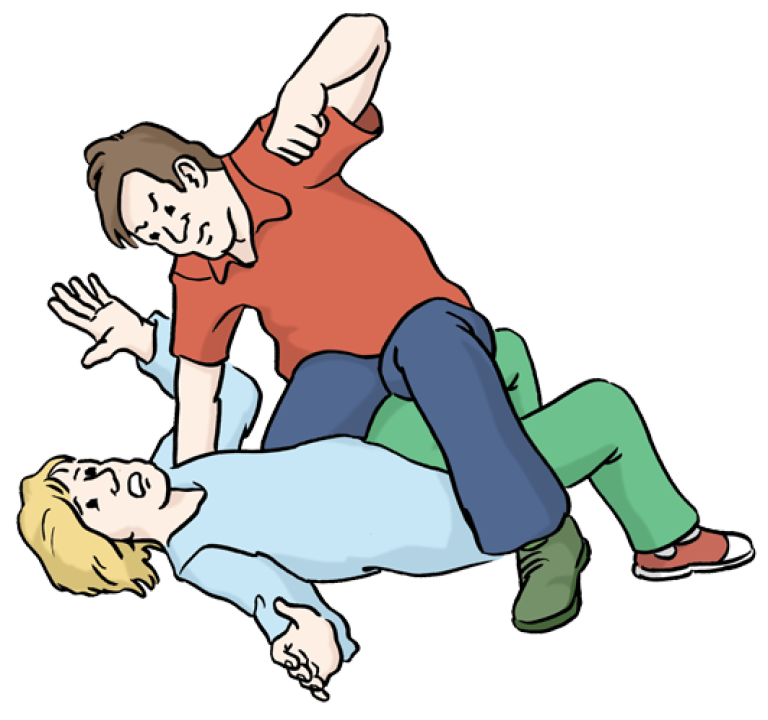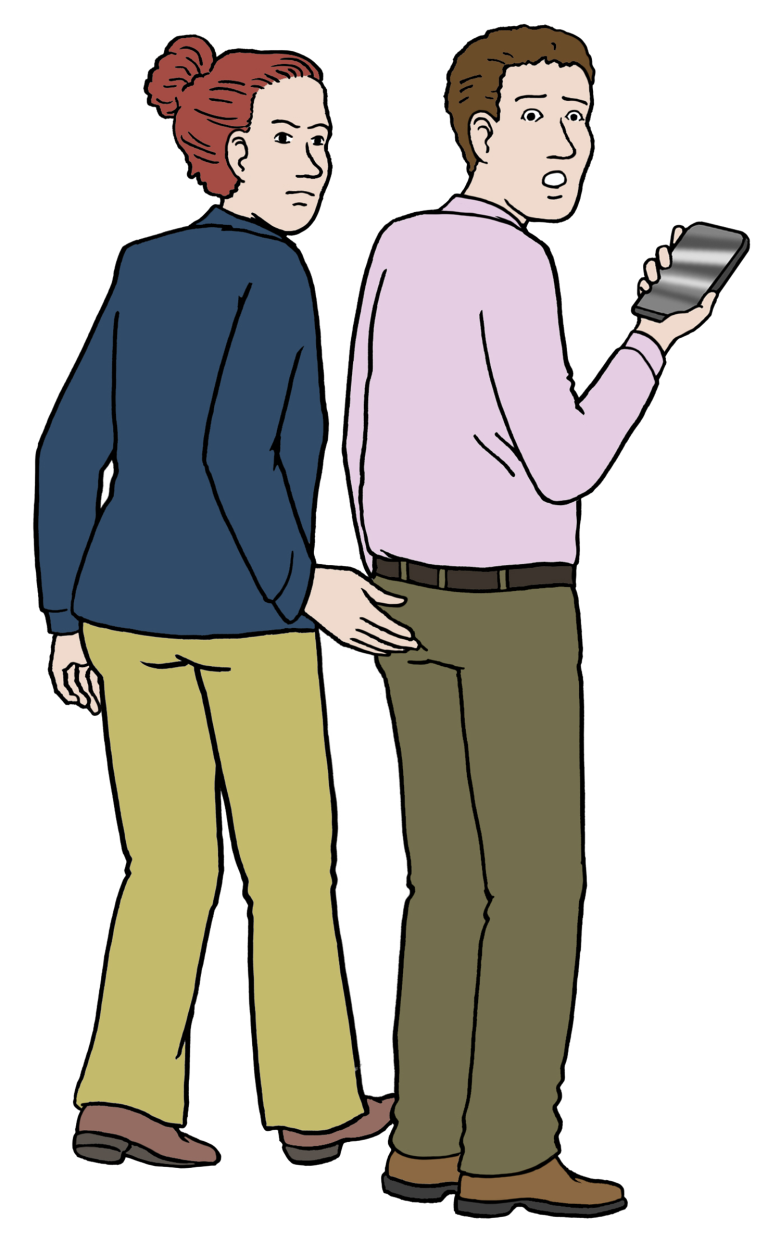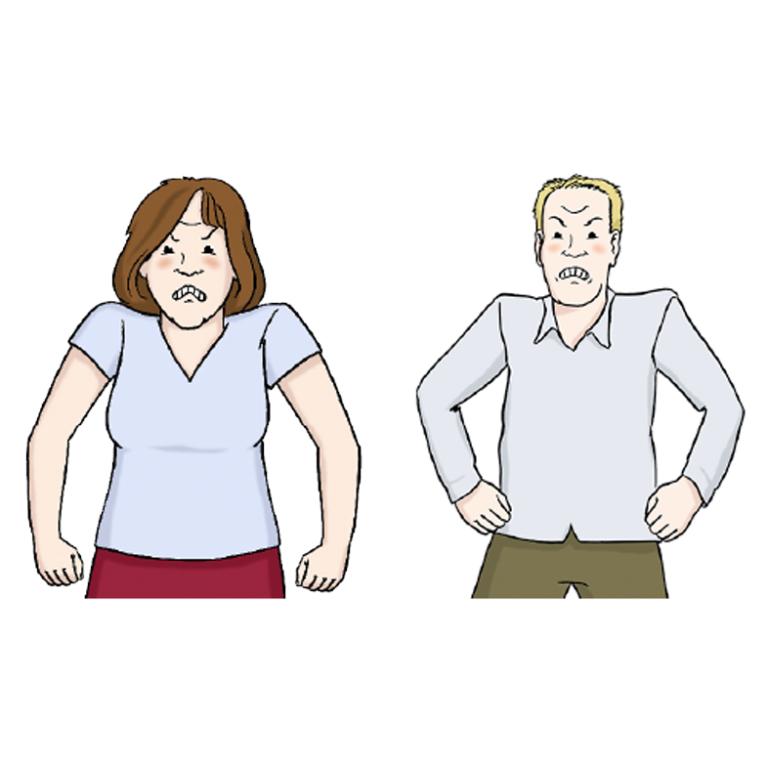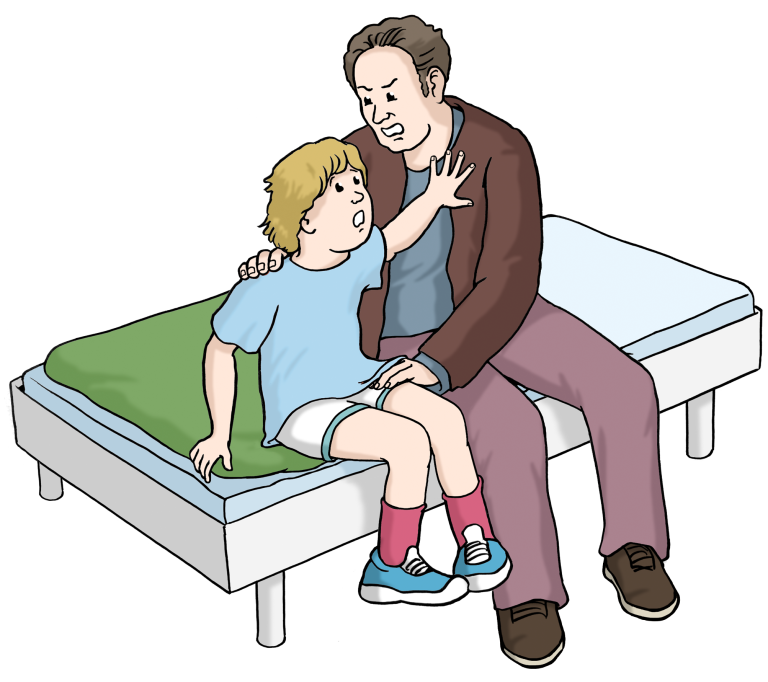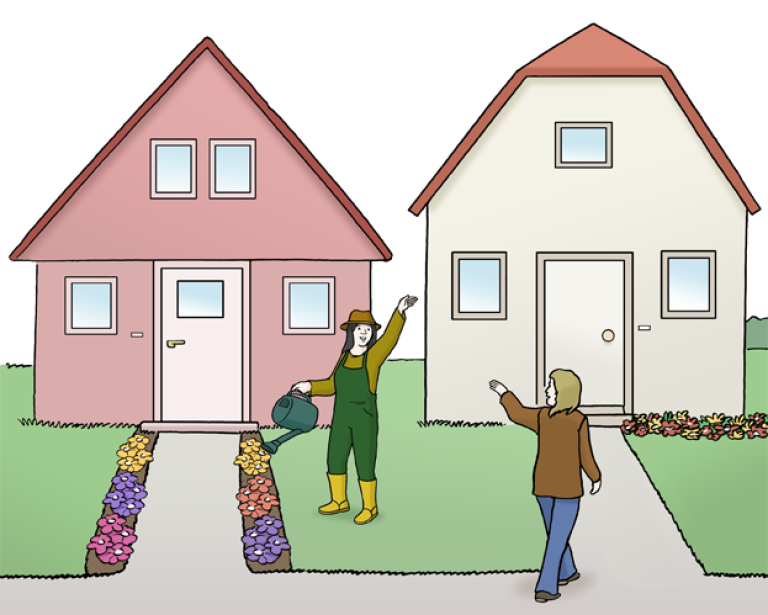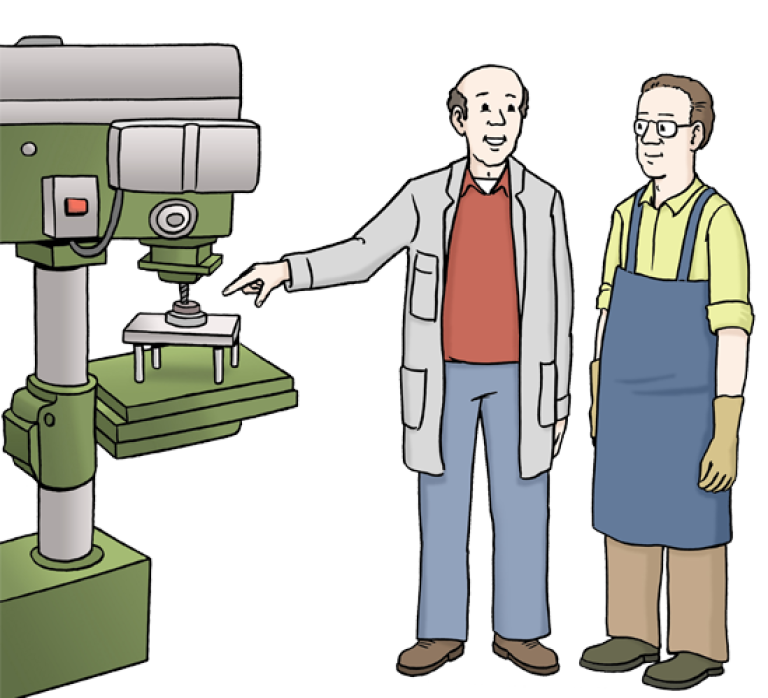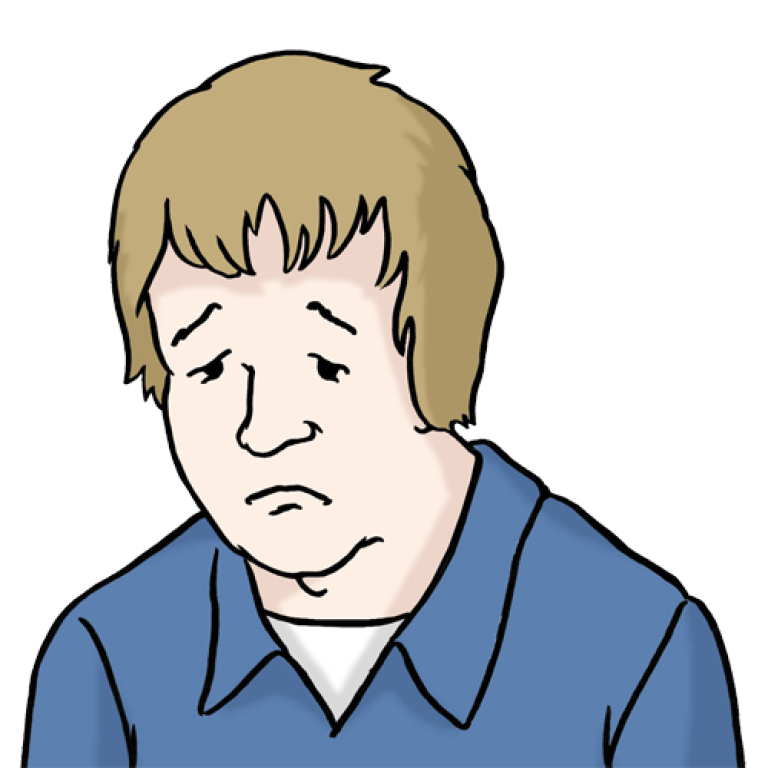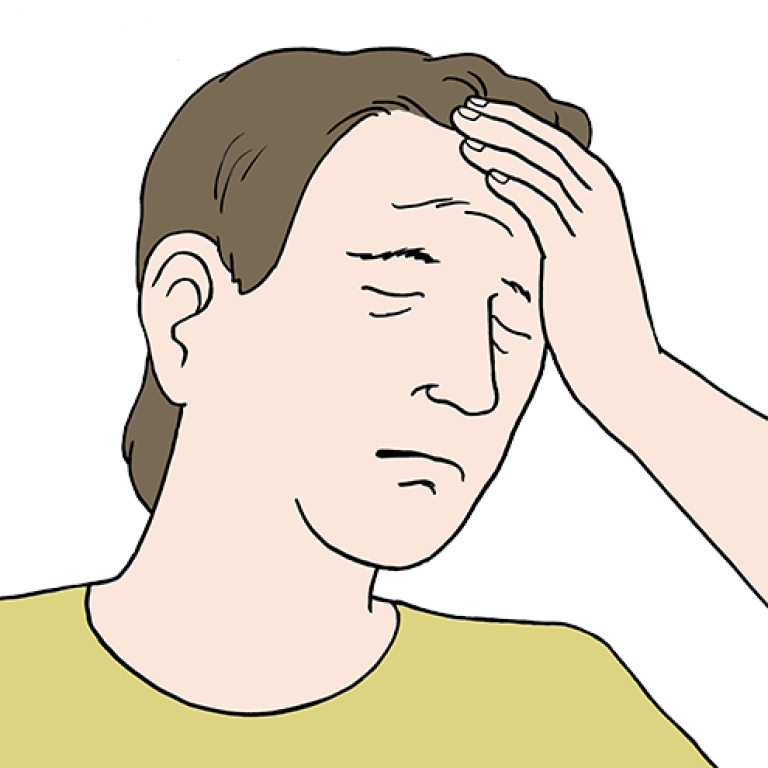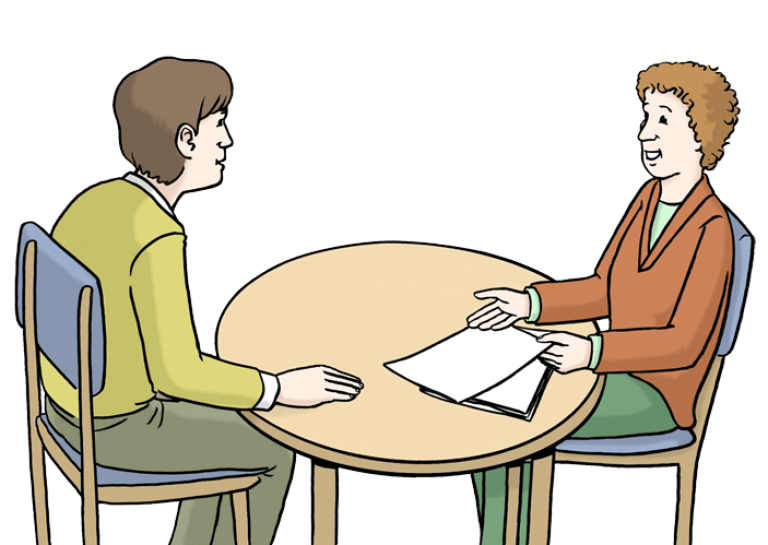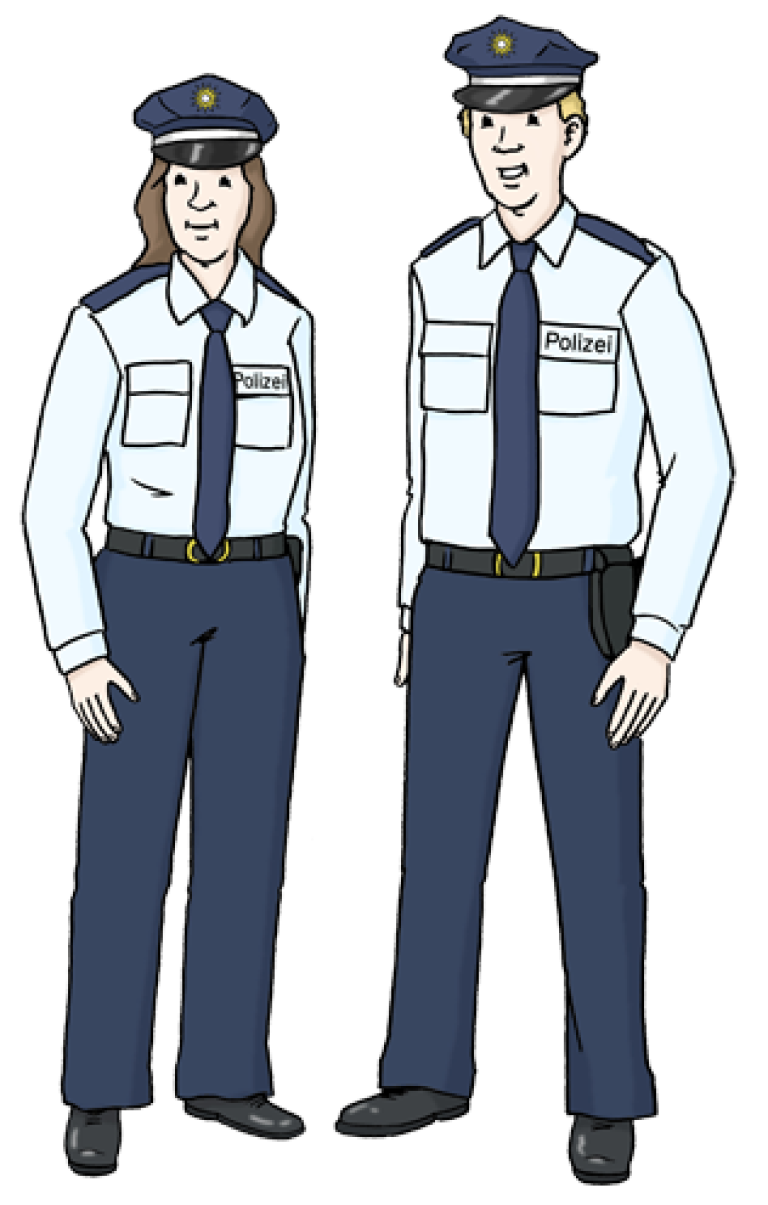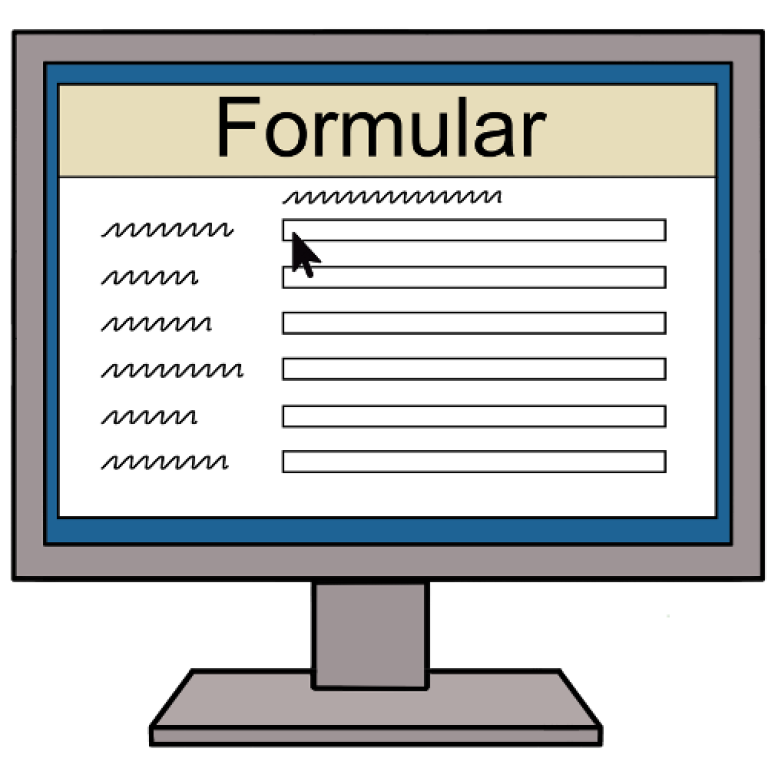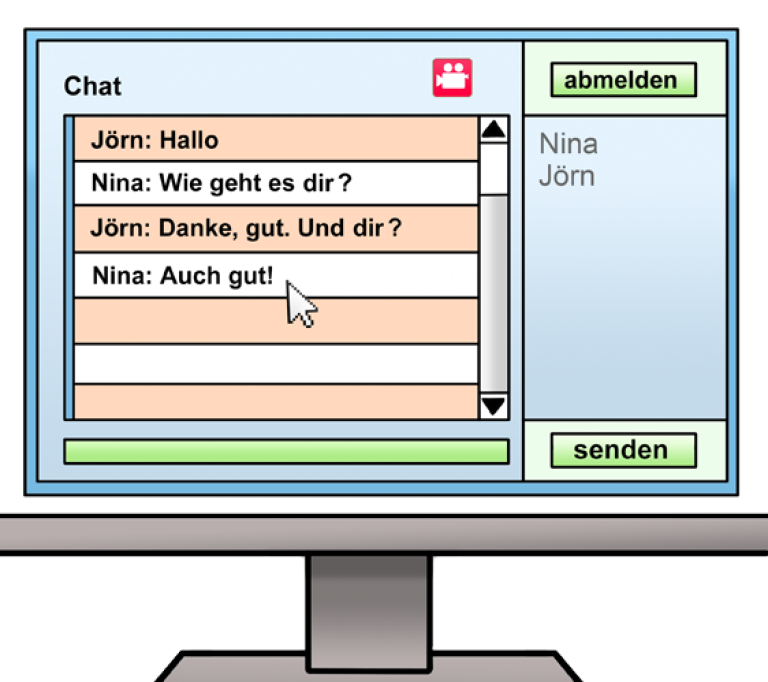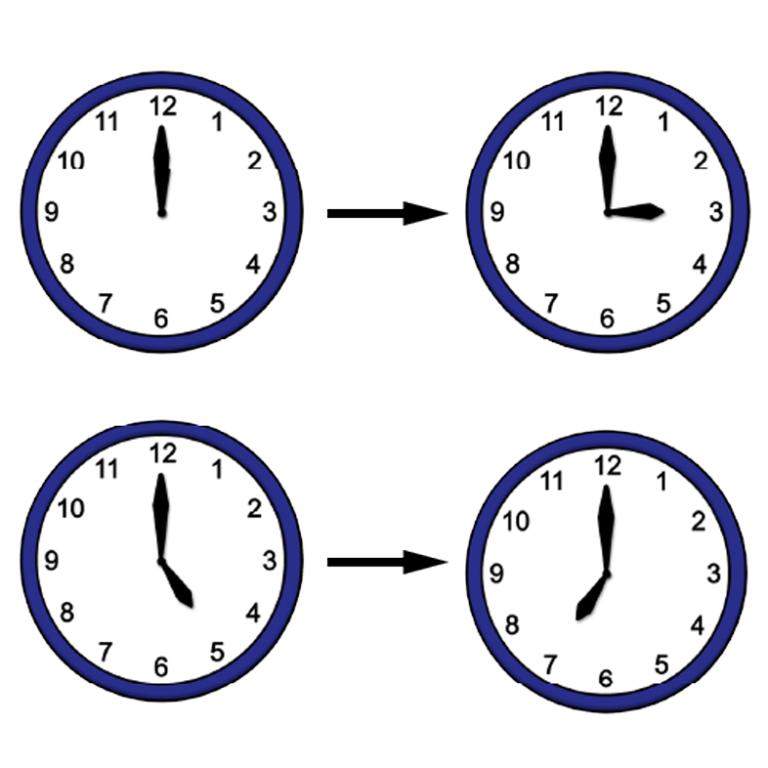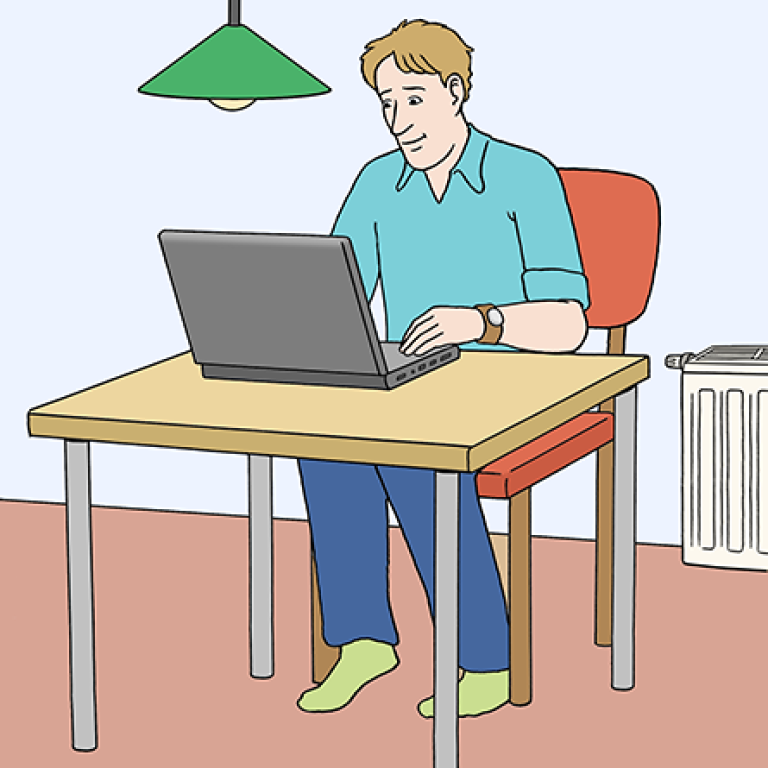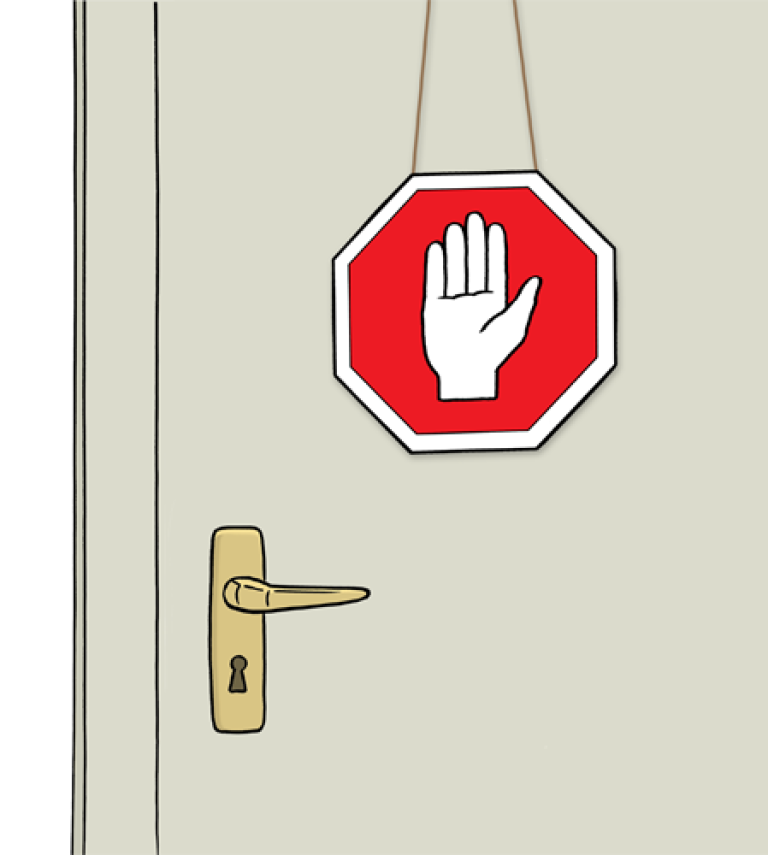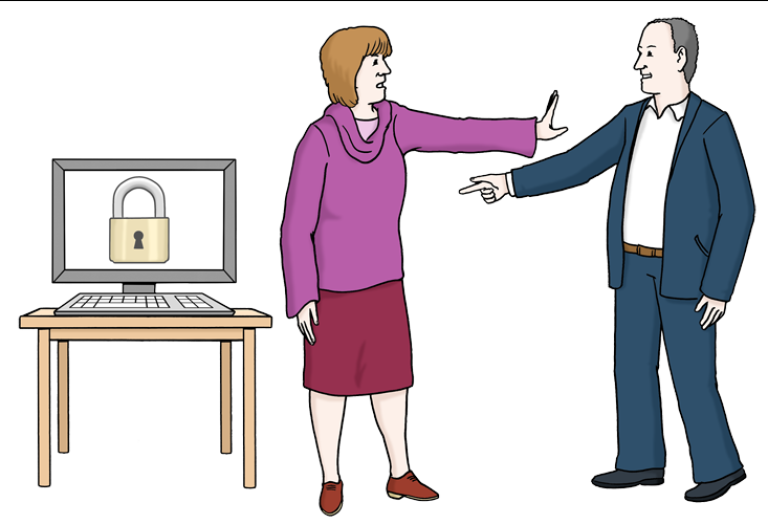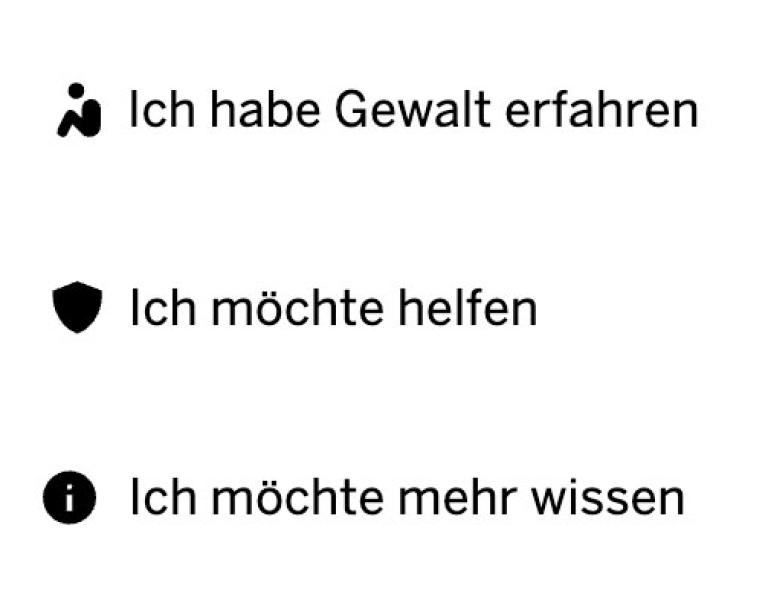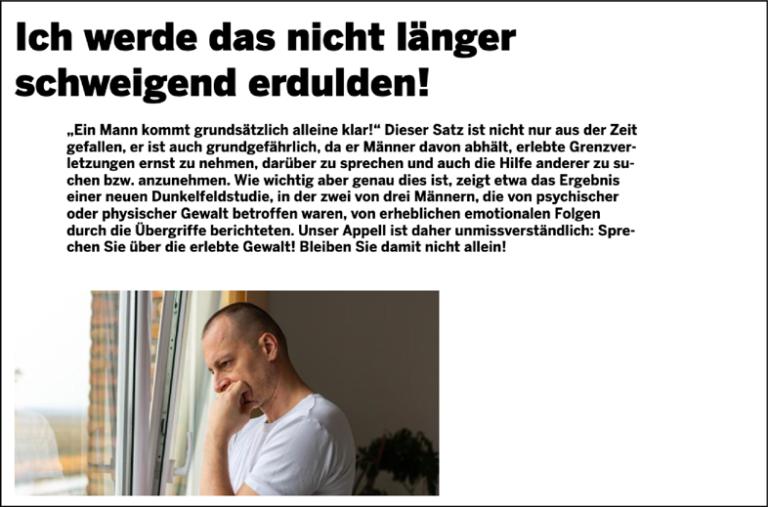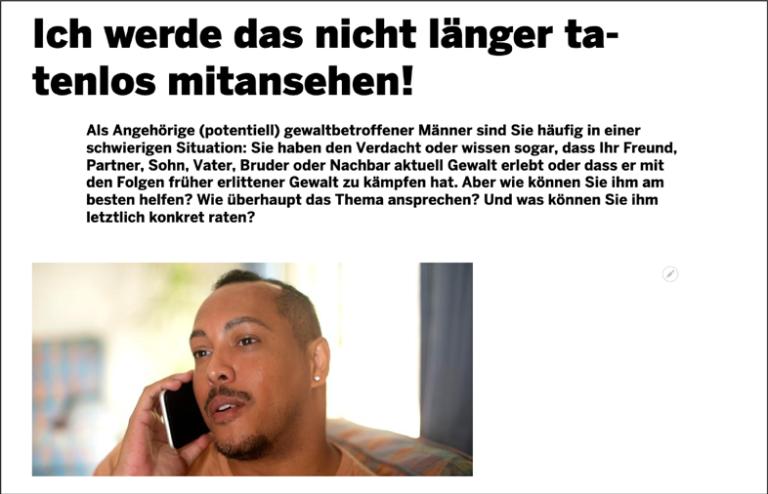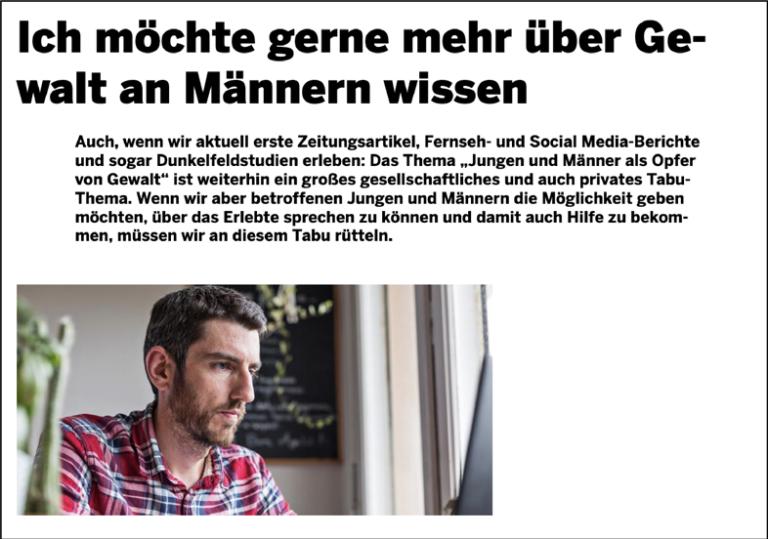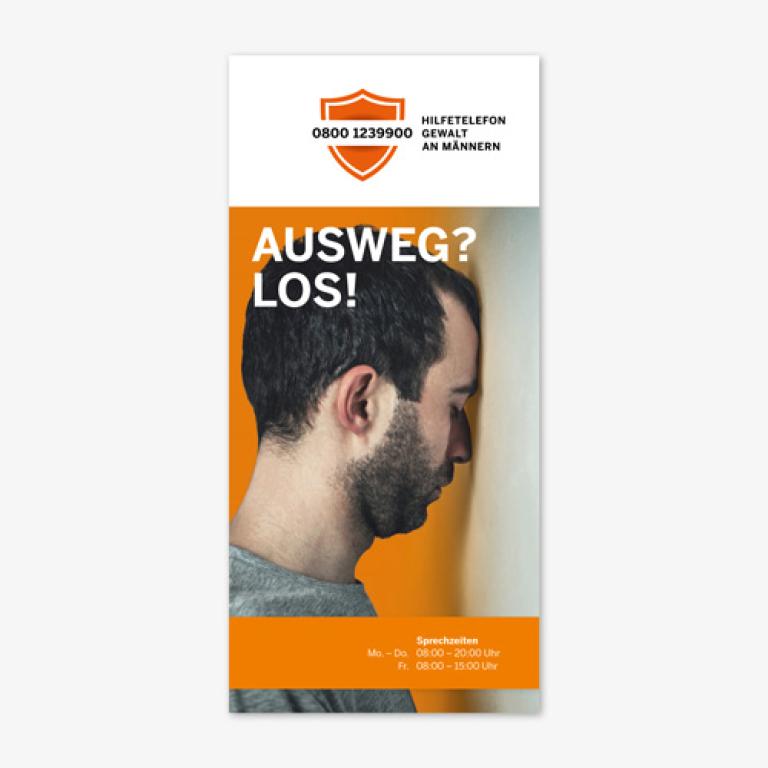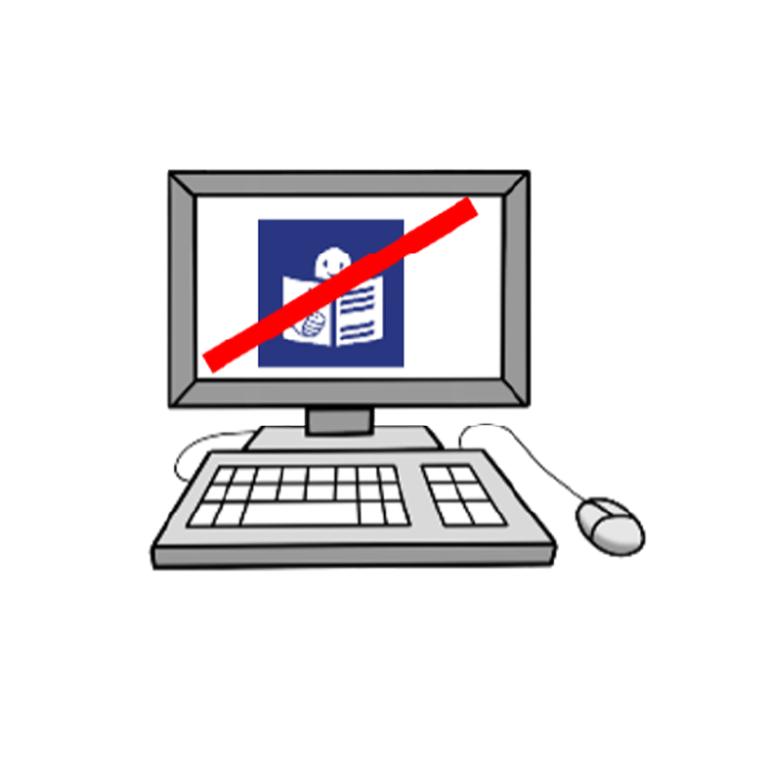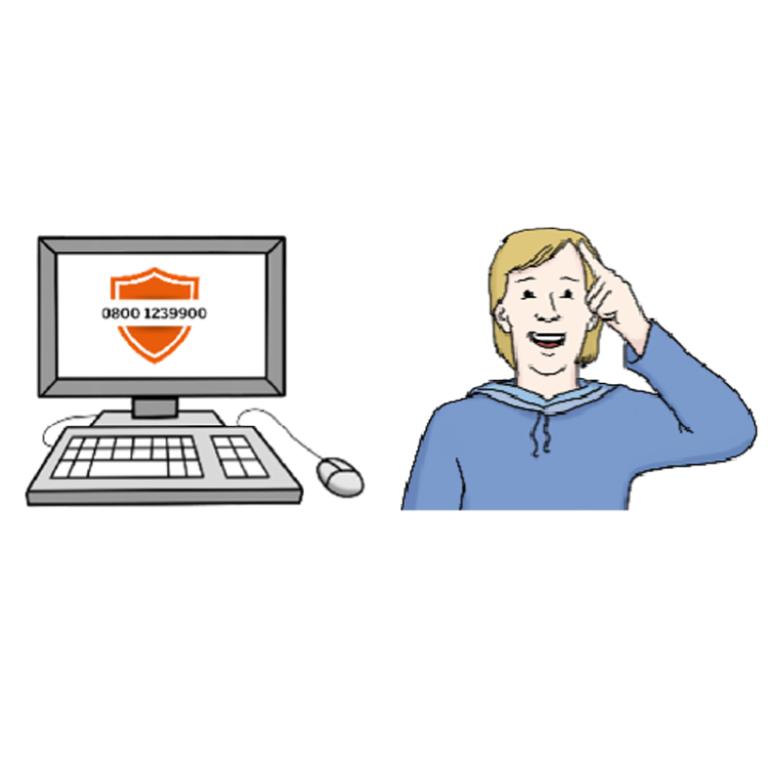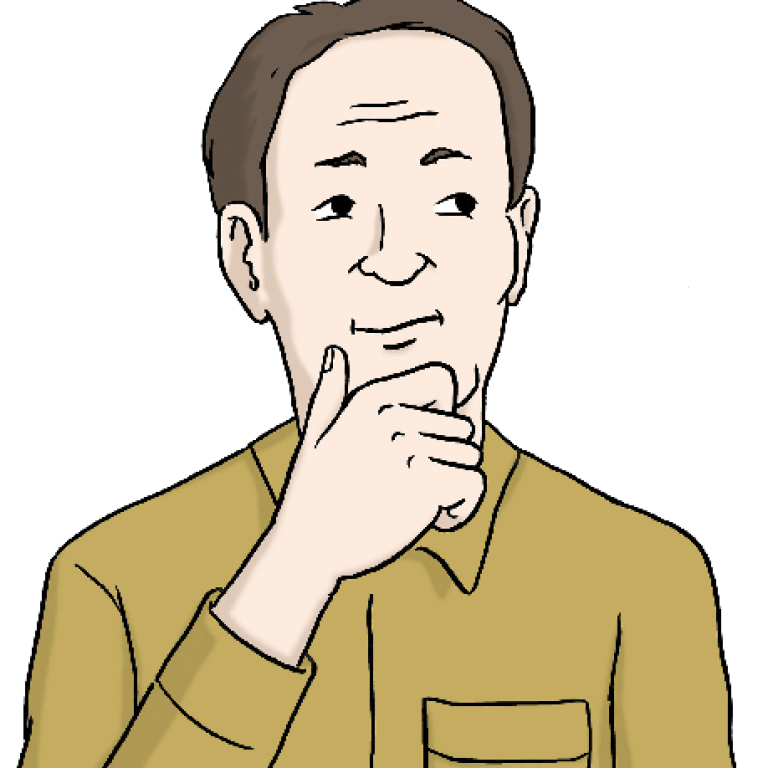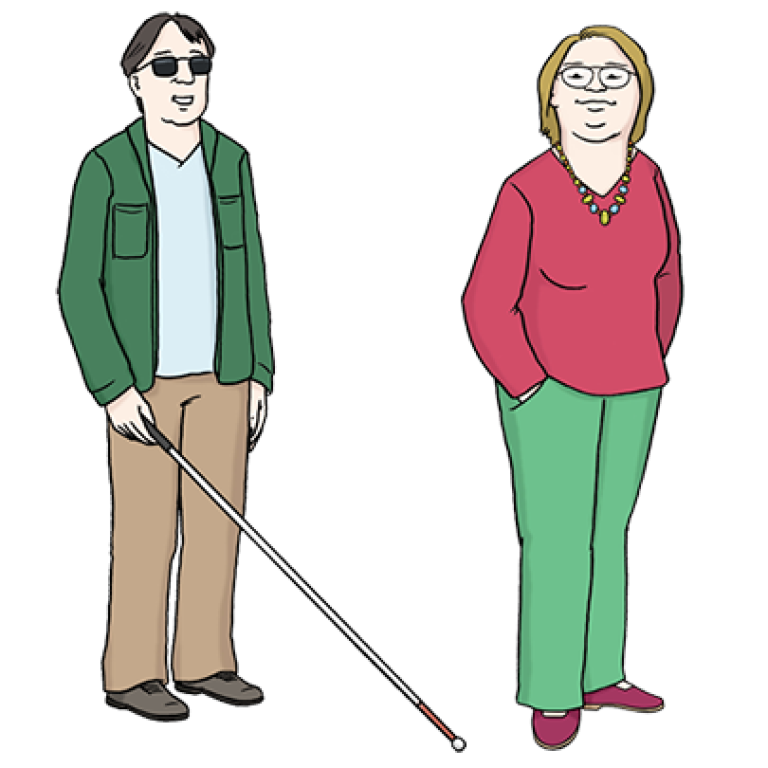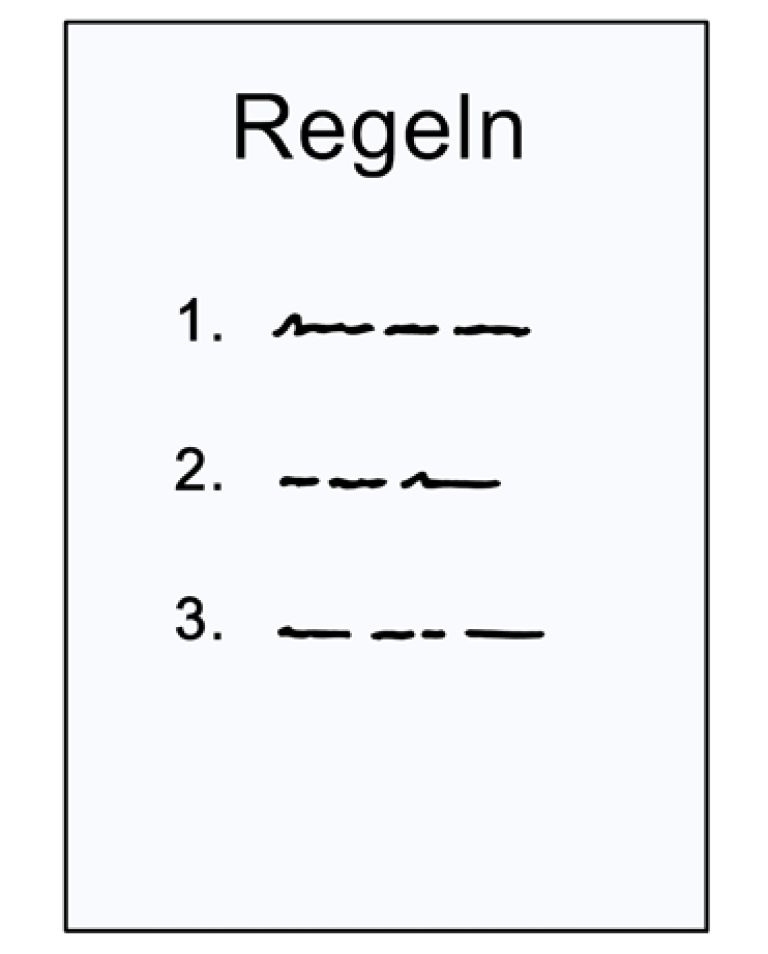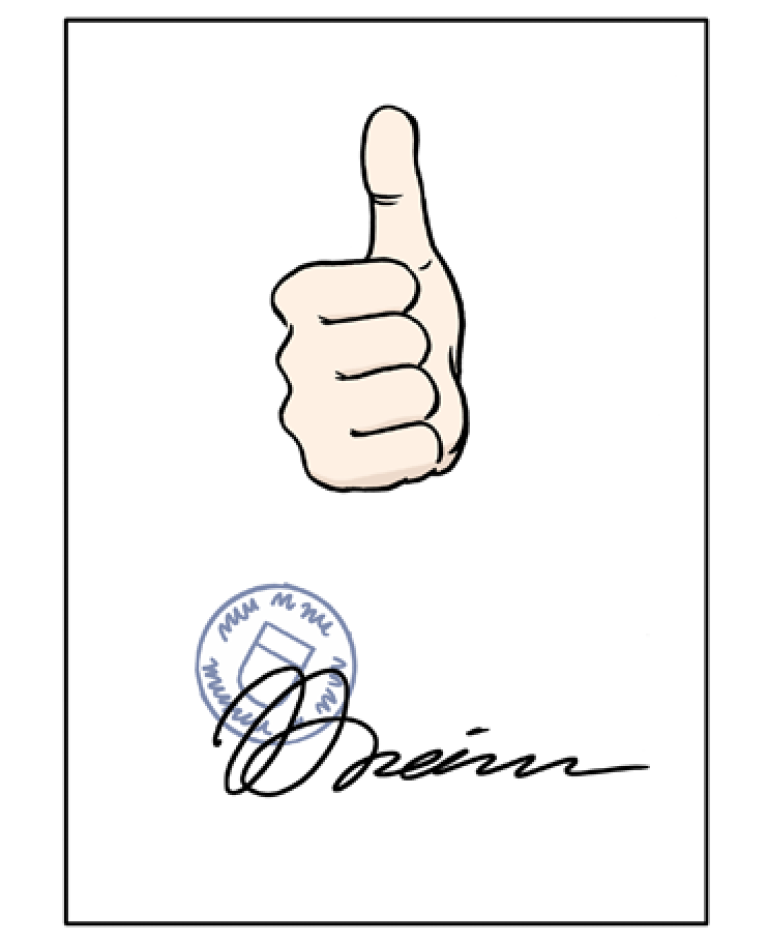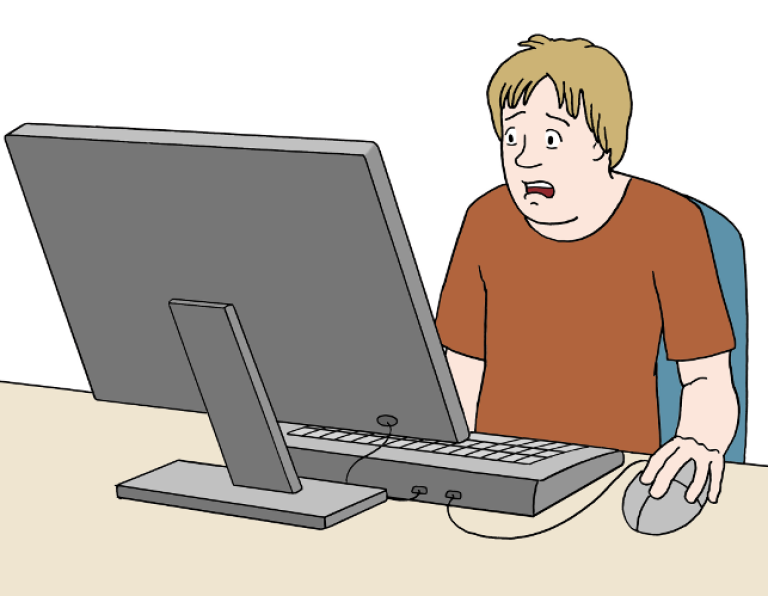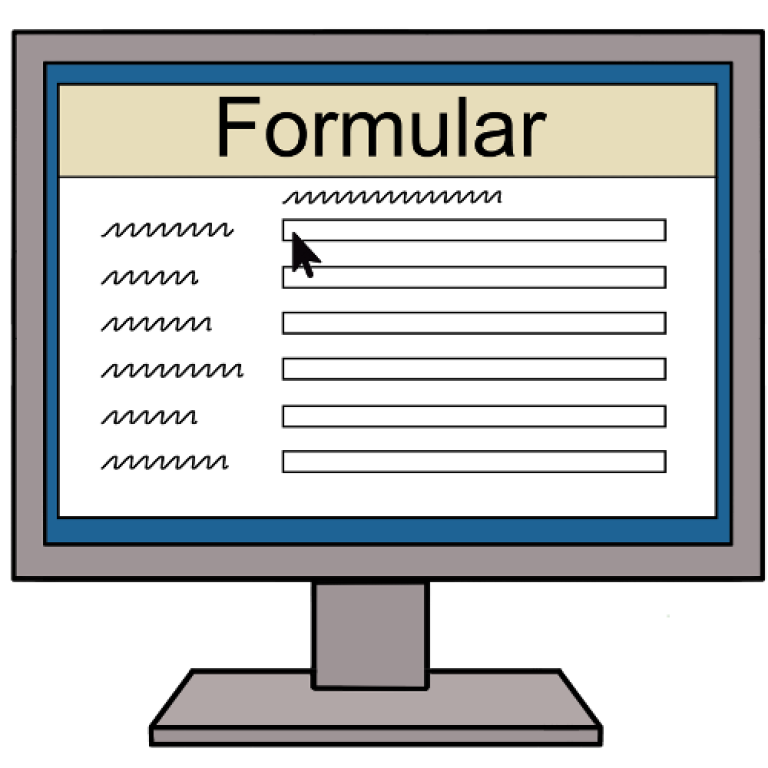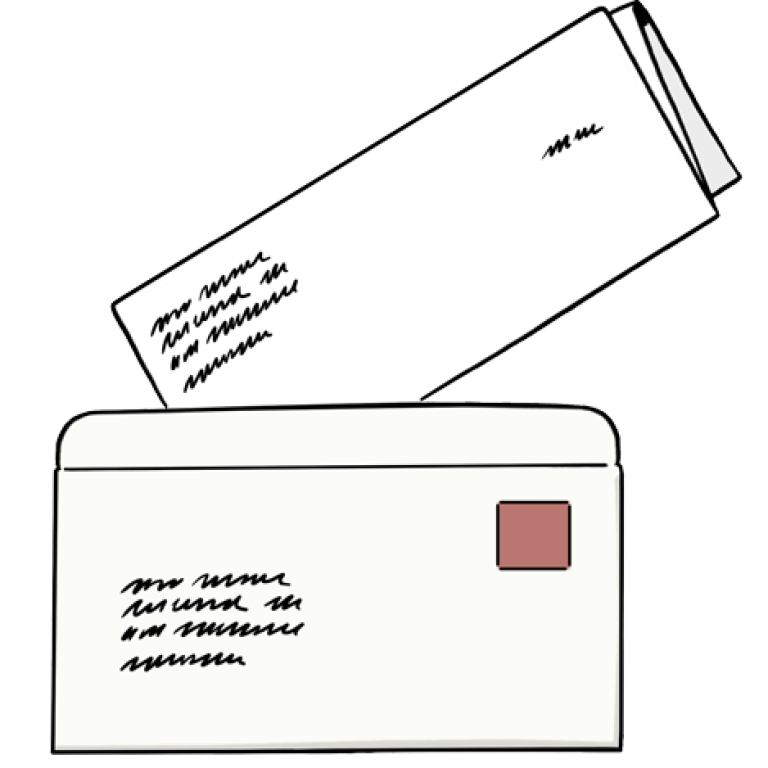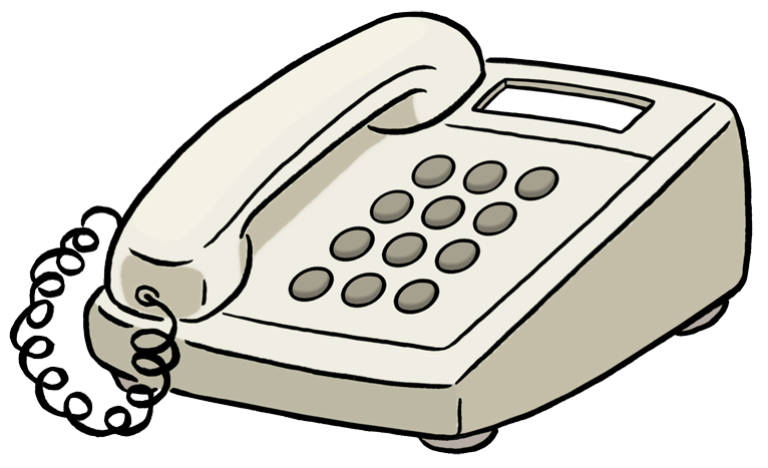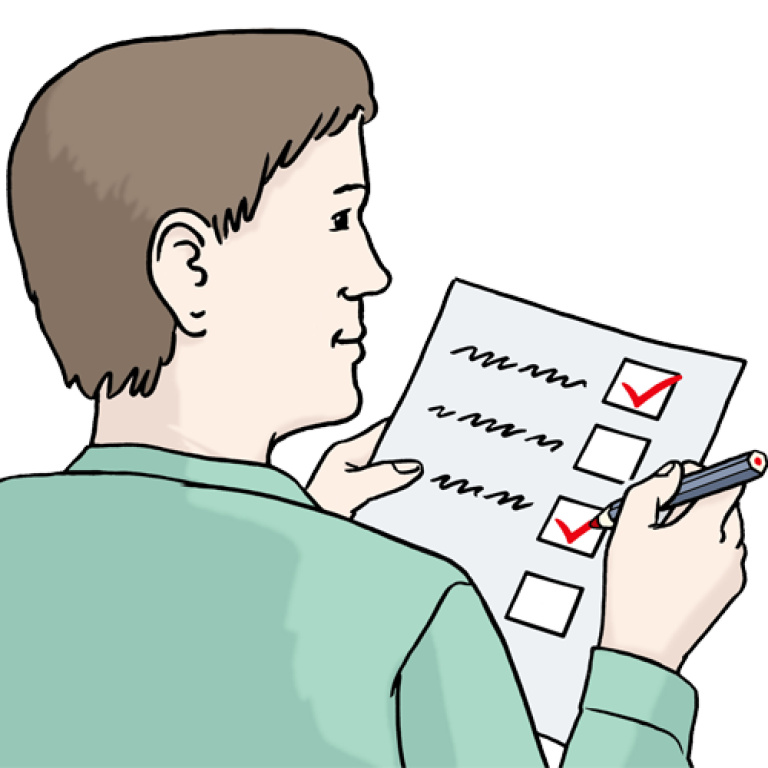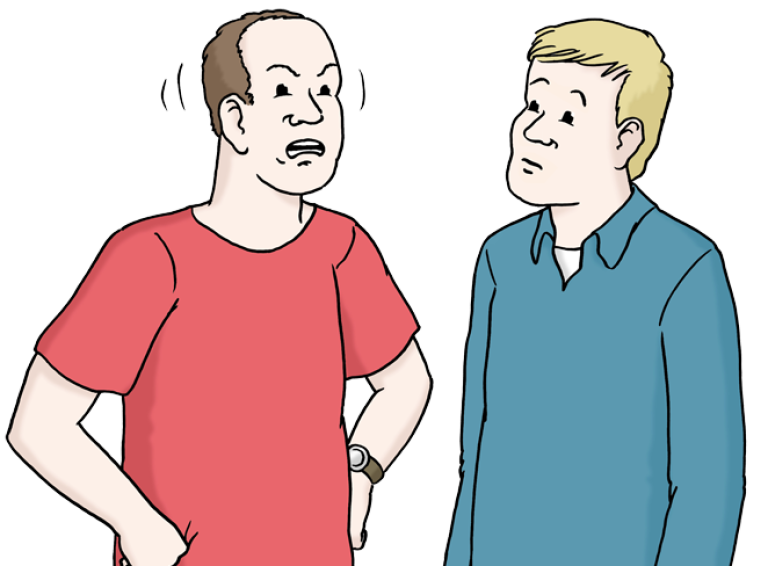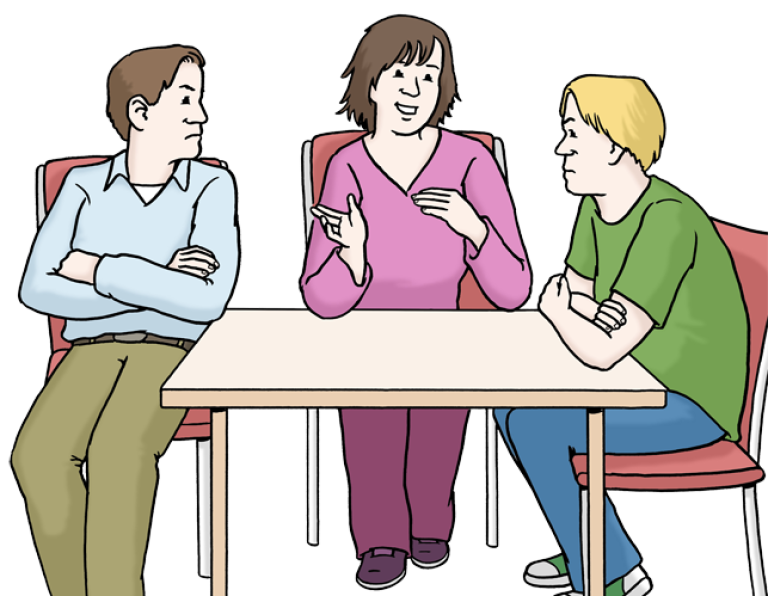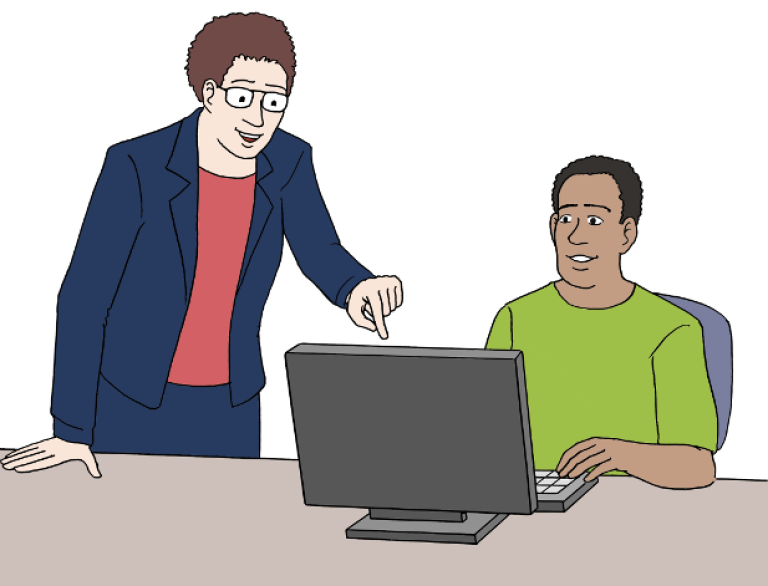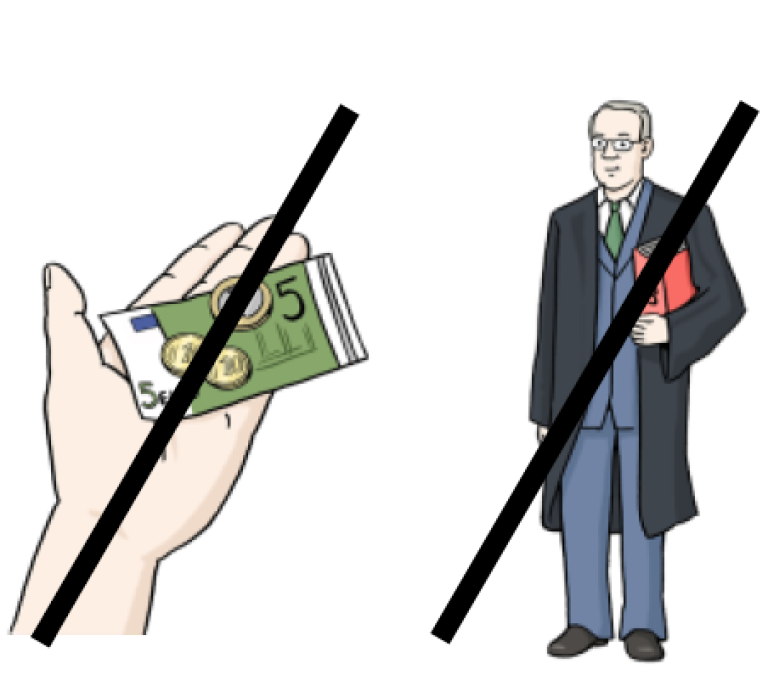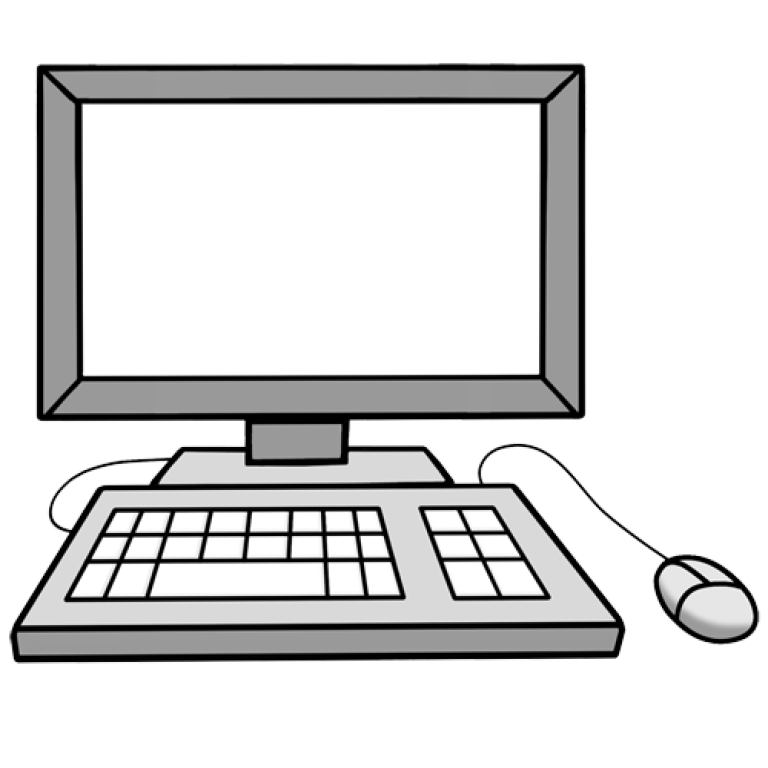Information in plain language
You can find information about the help line on this website.
The long name is:
Hilfe-Telefon Gewalt an Männern.
Much of the information about the help telephone
is also available in plain language.
You can recognize information in plain language by this symbol:
At the top left of the website
are the words: Easy language
Click on the words.
You will then be taken to the information in plain language.
The information on the website is also available
as a video with German sign language.
Would you like to see the video?
Then click on the word Gebärden-Sprache at the top left of the website
The help hotline for violence against men
Welcome
to the violence against men helpline!
The telephone number is: 0800 - 123 99 00.
The e-mail address is: beratung@maennerhilfetelefon.de
You can also write a chat message
or a message in the online consultation.
In these cases, you can call or write to the help phone:
- A person scares you.
You should do something
that you don't want to do.
For example: sex.
- A person threatens you with violence.
You can call or write to us
if you experience violence.
Or if someone threatens violence.
Maybe you are ashamed of the violence.
Maybe you think: I am to blame for the violence.
But that doesn't matter.
You can always call or write to the helpline
if you want to talk about the violence.
You can also call or write
if another person experiences violence
or is threatened with violence.
For example:
- in your family
- in your home
- in your circle of friends.
- in the neighborhood.
Important: The advisors do nothing that you don't want.
Help phone: This is us.
Many women and men work at the help line
as counselors.
All of them have a lot of experience.
And they are good at helping.
Or they tell you: Who can help you.
What is violence?
Every man has the right to live without violence.
Many people can't imagine:
But many men experience violence.
Rich men, but also men with little money.
Young men and older men.
Men from Germany and men from other countries.
Men with different professions.
Men with disabilities very often experience violence.
We call these men: victims.
The people affected experience violence everywhere in their lives:
- At home
- In homes for the disabled
- In residential homes and workshops
- In care settings
Many men have experienced violence:
- as children
- as adolescents
- as adults.
Sometimes talking about violence
is difficult for those affected.
Maybe you don't know exactly: Is this violence?
- Because you are afraid of your partner.
- Because you are afraid of not seeing your children anymore.
- Because you are sometimes not believed.
- Perhaps you feel ashamed.
- Maybe you think: It's my own fault for the violence.
- Perhaps you find it difficult to describe
the violence and your feelings.
Talking about violence helps.
The violence against men helpline will help you.
- In the family
- In a residential home
- In a partnership or marriage
- In a shared home
Sometimes domestic violence also happens when partners separate.
Men experience different types of violence at home.
This is all domestic violence:
- They are threatened or shouted at.
- They are locked up.
- They are not allowed to have visitors.
- They are pushed or beaten.
- They are insulted or abused.
- They are forced to have sex.
Sexualized violence - what is it?
Everyone has limits on
what they want to do and what not.
Everyone must respect these boundaries.
Sexualized violence violates these boundaries.
Sexualized violence can look very different.
For example:
- Someone touches you,
even though you don't want them to.
- Someone kisses you.
But you don't want that!
- Someone forces you to have sex.
- Someone is forcing you to watch others having sex.
- Someone secretly gives you knockout drops.
For example, in a drink.
What are knockout drops?
K.O. drops are drops that anesthetize a person.
This means:
They become unconscious.
They fall over and fall asleep.
They cannot defend themselves.
They don't realize what is happening.
The perpetrator takes advantage of this:
They force you to have sex when you cannot defend yourself.
Stalking/cyber stalking - what is it?
Stalking is English.
It is pronounced like this: STOA-KING.
Stalking means: following and harassing.
Cyber stalking is pronounced like this: SZEI-BER STOA-KING.
Cyber stalking means: following and harassing on the internet,
with emails or chat messages.
A person doesn't want to understand
that you don't love them anymore.
This makes the person angry with you.
The person wants to scare you.
This is stalking, for example:
- You are repeatedly called or written to during the day and night
.
At home or at work.
Or both.
- You get lots of text messages and emails from the person.
- The person follows you while you are shopping.
Or on the way to work.
Or to a friend's house.
- The person breaks into your apartment
or house.
The person uses technology for violence.
This can happen like this:
The person harasses you via the internet.
For example, on Facebook or WhatsApp.
- The person puts a special app on your cell phone.
The app helps the person to track you.
Forced marriage - what is it?
Forced marriage means:
Your family chooses a person you have to marry.
You don't want that. You want to decide for yourself.
But your family forces you to marry the person.
Bullying - what is it?
Mobbing is English.
It is pronounced like this: MOBB-ING.
It means: Treating someone badly on purpose.
Bullying is, for example:
- A person or group teases or insults you.
- The perpetrator insults and abuses you
over a long period of time.
Or repeatedly makes fun of you.
- A person tells lies about you for a long time.
Or about another person.
- The person may also take your things away from you.
Or the person breaks your things on purpose.
Violence in public spaces - what is it?
Public spaces are places and buildings in the city
that are there for everyone:
Violence happens in these places, for example:
- In the subway
- On the street
- At the soccer stadium
- In the park
- At the youth center
- At the workplace
- At the club.
This is all violence in public spaces:
- molest
- beat
- spit on
- harass
- assault
- threaten
- insult
- injure or kill
- exercise sexualized violence
Who are the perpetrators of violence?
When people use violence against other people
they are called violent offenders or violent perpetrators.
The perpetrators of violence and those affected often know each other well.
That's why victims often don't tell anyone about the violence for a long time.
It is particularly bad
when the perpetrator and the victim are related.
Or if they are good friends.
For example:
- Family members:
Parents, step-parents, foster parents, partner or ex-partner
- Friends
- Neighbors
- Caregivers in the residential home
or in the workshop
- Employees of outpatient services
- Bus drivers
- Colleagues in the workshop or fellow residents
But complete strangers can also be
perpetrators.
This is often the case with violence in public spaces.
What are the consequences of violence?
Violence can have many serious consequences for those affected:
- They are very sad.
- They have no desire to get up.
- You have a stomach ache or headache.
- You can no longer sleep.
What help is available for men with disabilities?
There are shelters for men.
And men's counseling centers.
All men can get help there.
Even men with disabilities!
Some advice centers have services
for men with different disabilities.
For example: advice in plain language.
Important:
Are you in danger?
Or do you think something bad has happened?
Please call the police immediately.
The telephone number is: 110
How can you find a sheltered apartment
or a men's counseling center near you?
Call the help phone.
Or write a message.
The counselors on the helpline
can tell you about a sheltered apartment near you.
Or a men's counseling center.
Free help in many ways
Or you cannot speak.
You can then write an e-mail to the help phone
.
The e-mail address is: beratung@maennerhilfetelefon.de.
Mail to the online advice service
You can also send an email via the online advice service.
If you want to use the secure online advice service,
you need to register.
You can remain anonymous when logging in.
Anonymous means: You do not write a name
in the registration form.
Then no one will know who you are.
You need the following to log in:
- A user name
Think of a name.
You must remember the name well.
Your user name can contain
letters and numbers.
Your user name must not contain any special characters.
Special characters are for example: @ + * - % & ( )
- A pass word
There must be 4 different types of characters in the pass word:
- Upper case letters
- Lower case letters
- Numbers
- Special characters
You must agree to the terms and conditions
of the online consultation.
Please check these boxes:
- Terms of use
- Data protection declaration of consent
You can enter your e-mail address when you register.
You will then receive a message at this address
as soon as the help phone has written an answer for you.
Quick help without logging in with instant text chat
You can also talk to the advisors
Chat is English and means: to talk.
Chat is pronounced like this: CHAT.
You write to the advisors about what has happened.
The advisors write back immediately.
This is possible during these times:
Monday to Thursday
from 12 noon to 3 pm and from 5 pm to 7 pm.
The chat consultation is available without registration.
You do not need to make an appointment.
You can see the advisors
on the website.
A green sign next to an advisor
means:
The advisor is free.
You can start chatting immediately.
A red sign next to an advisor
means:
The advisor is currently busy.
You can start chatting later,
when the advisor is free again.
Online advice and instant text chat advice
are anonymous and secure.
This means that no one knows who you are.
How to use the help phone website
You will find 3 buttons at the top of the website:
"I have experienced violence"
"I would like to help"
"I would like to know more"
"I have experienced violence"
Here you will find information on different types of violence.
And links to other offers with information and help
on the Internet.
I would like to help
Here you will find this information:
- Who makes the help phone
- Who gives the money for the help phone
You will also find info sheets and info booklets
as a file to download to your computer
I would like to know more
Here you will find a report by researchers
about the work of the help line.
You will also find material for newspaper articles
or information events about the help line.
For example:
- Download the help phone logo.
- Info sheet about the help phone.
Attention: The information on this website
is not in plain language.
We hope we have explained the page to you well.
Do you have any questions about the help phone
or the website?
Would you like to tell us something else?
Do you have any ideas about what we could do better?
Then click on Contact at the bottom of the page.
You can then write us a message
Declaration on accessibility
The website www.maennerhilfetelefon.de
is part of the Ministry for Children, Youth, Family,
Equality, Flight and Integration
of the State of North Rhine-Westphalia.
The abbreviation of the ministry is: MKJFGFI.
This is pronounced like this: EM-KA-JOTT-EF-GE-EF-IH
The ministry says:
All people should be able to use our websites.
All people should be able to understand the information on the website
well.
Including people with disabilities.
For example:
- People with visual impairments
- People with hearing impairments
- People with learning difficulties
There should be no obstacles when using
the website.
Another word for obstacle is: barrier
We also say:
The Internet pages of the ministry should be barrier-free.
When are websites barrier-free?
There are precise rules for barrier-free websites.
The rules for websites of public institutions
in North Rhine-Westphalia are set out in an ordinance.
The ordinance is called:
Barrier-free Information Technology Ordinance
North Rhine-Westphalia.
The abbreviation is: BITV NRW.
This is pronounced like this: BITT-VAU EN-ER-WEH.
Is www.maennerhilfetelefon.de barrier-free?
The Competence Center for Barrier-free
Information Technology has checked:
Does the website www.maennerhilfetelefon.de
adhere to the rules of the BITV NRW?
The result is:
Yes! The website complies with all rules
of the BITV NRW.
This means:
The website www.maennerhilfetelefon.de is barrier-free.
How you can report a barrier to us
Are there any problems with the accessibility
of the website?
Or would you like to know more about accessibility?
Then please let us know.
How you can reach us:
You can write us a message
in the contact form
You can write us a letter.
Our address is:
MKJFGFI
Völkinger Straße 4
40219 Düsseldorf.
How to report a barrier to the monitoring point
The state of North Rhine-Westphalia has a monitoring body
for the accessibility of its websites.
The name of the monitoring body is:
Monitoring body for barrier-free information technology
The Monitoring Body repeatedly checks
the websites of the state of North Rhine-Westphalia.
The monitoring body checks:
Does the accessibility of the Internet pages work?
You may notice:
The accessibility does not work well
on a website of the state of North Rhine-Westphalia.
You can then let the monitoring body know.
Write an e-mail to:
You can find more information about the tasks
on the website of the monitoring body:
www.mags.nrw/ombudsstelle-barrierefreie-informationstechnik
This information is not in plain language.
How you can complain
Perhaps you have already sent us a question
about accessibility.
Or you have already let us know
because accessibility does not work well on a website.
And you have not received an answer.
Or you are not satisfied with our response.
You can then complain about us.
This can be done at the Ombuds Office for Barrier-free
Information Technology of the State of North Rhine-Westphalia.
The word Ombuds Office comes from the Swedish language.
It means: a body that stands up
for the rights of citizens.
The Ombuds Office for Barrier-free Information Technology
is part of the
North Rhine-Westphalia Commissioner for People
with Disabilities and Patients.
.
The ombudsman mediates in the event of complaints.
The ombudsman's office checks why the website is
not barrier-free.
And the ombudsman's office supports the institution in
making the website barrier-free.
Important: You do not have to pay any money for help from the ombudsman's office.
And: You do
not need a lawyer for help from the ombudsman's office.
You can write an e-mail to the ombudsman's office.
The address is: ombudsstelle-barrierefreie-it@mags.nrw.de
You can find more information about the work of the ombudsman's office
on the website:
www.mags.nrw/ombudsstelle-barrierefreie-informationstechnik
This information is not in plain language.
Who made this text?
The text in difficult language is from the Help Phone Violence against Men.
The text in easy language is from the Office for Easy Language Volmarstein.
Employees from the workshop for people with disabilities at the Volmarstein Protestant Foundation have checked the text in easy language.
The pictures are from © Lebenshilfe für Menschen mit geistiger Behinderung Bremen e.V., Illustrator Stefan Albers, 2024.
The European logo for easy reading is from © Inclusion Europe.
